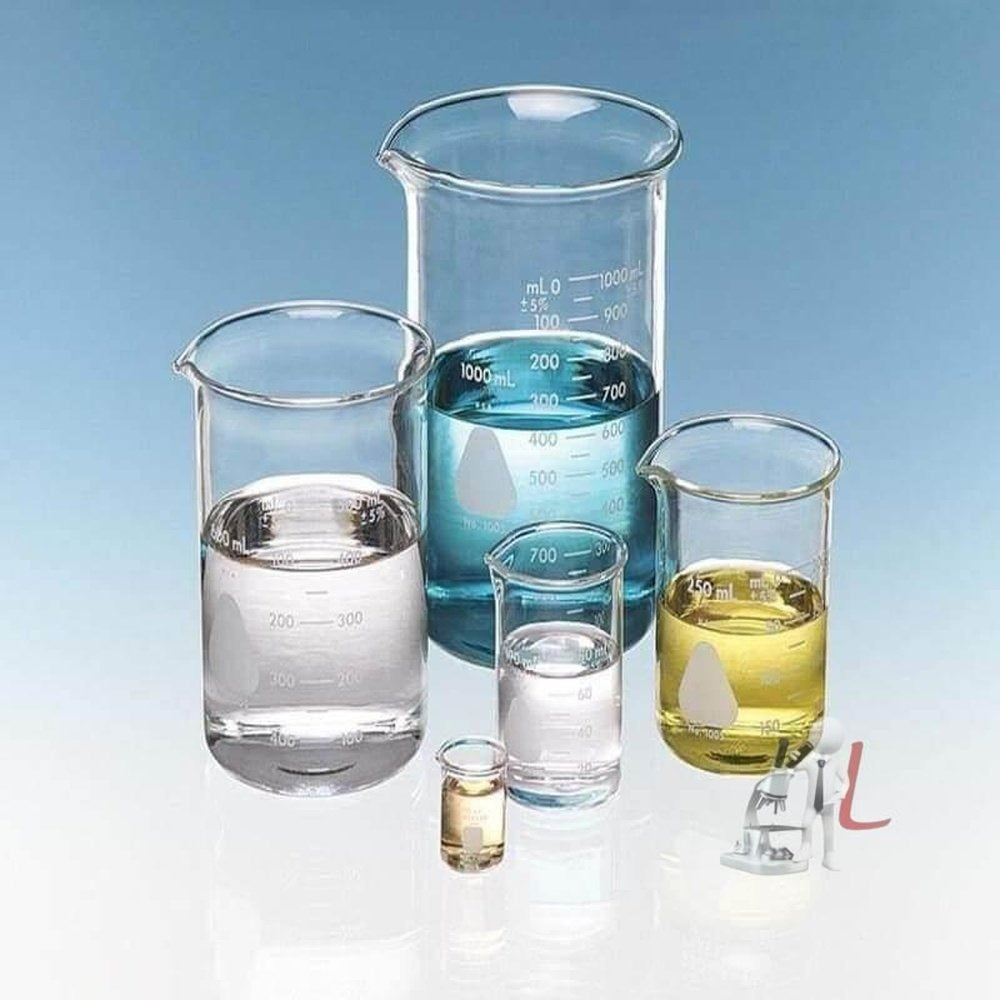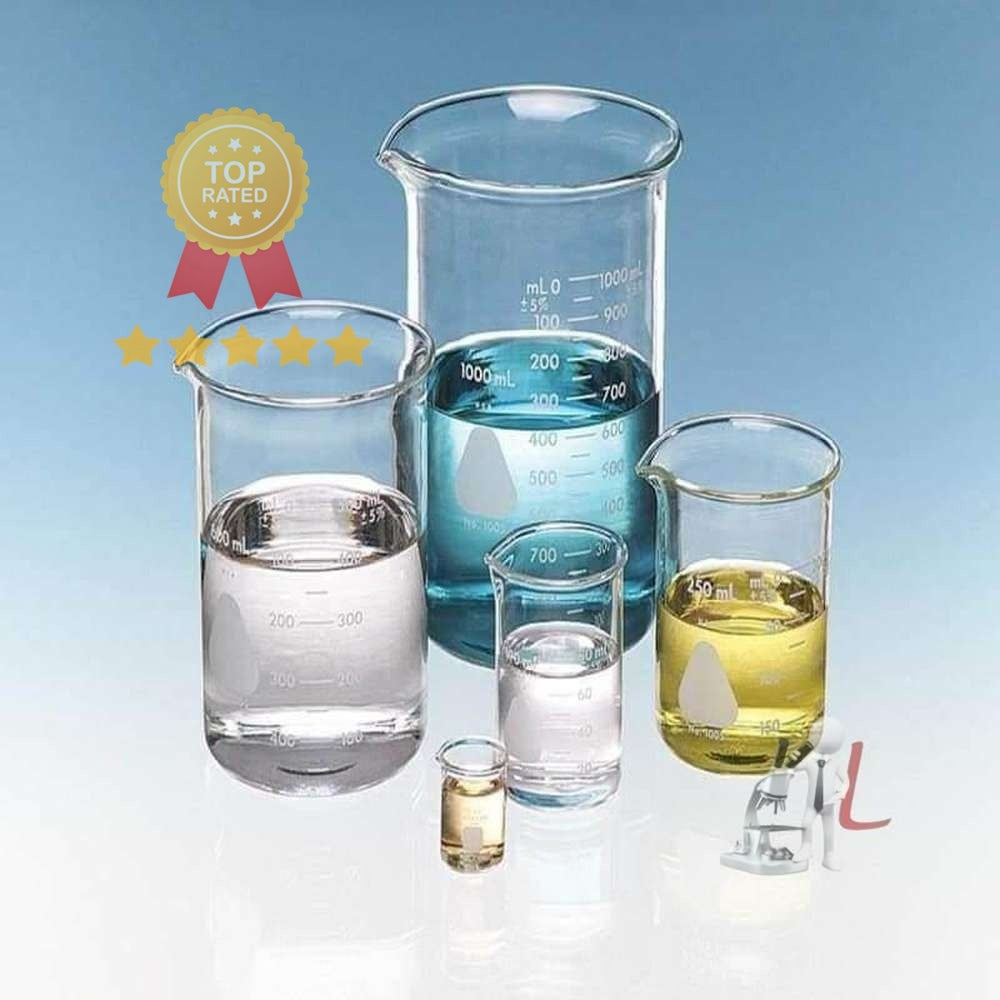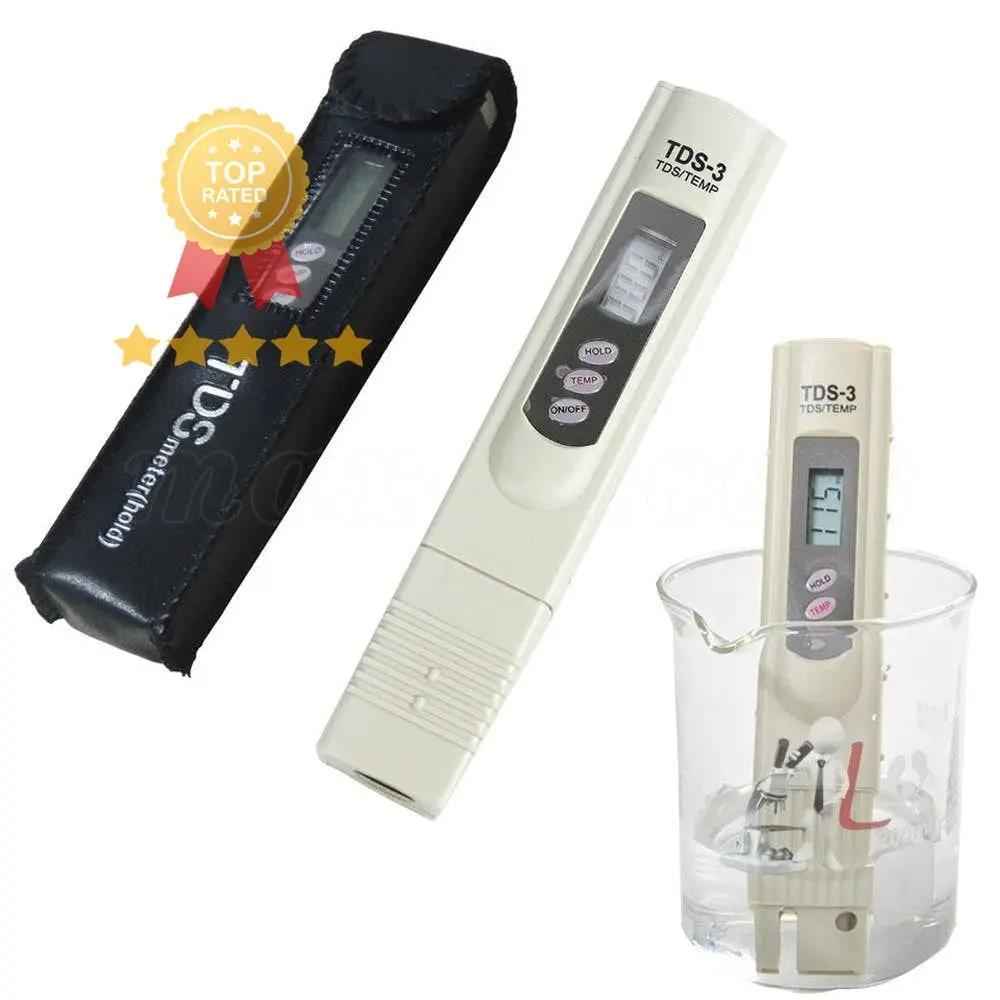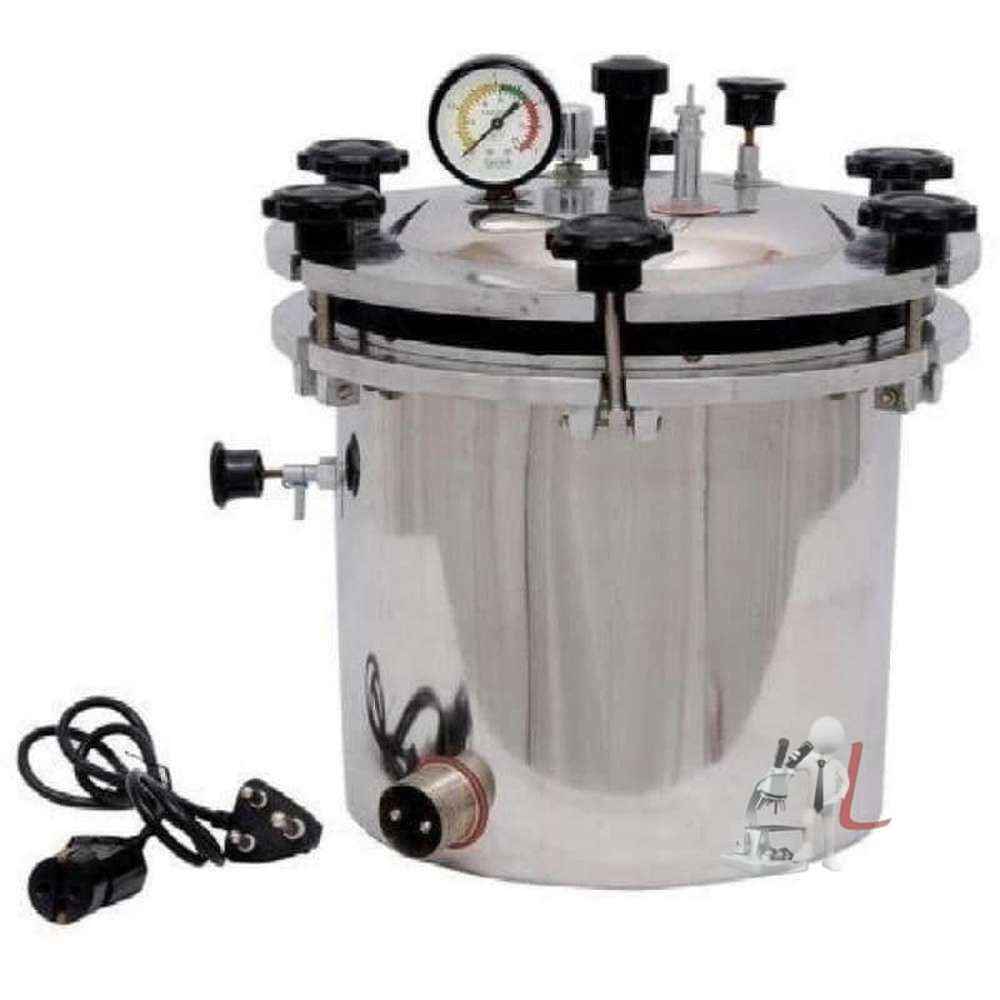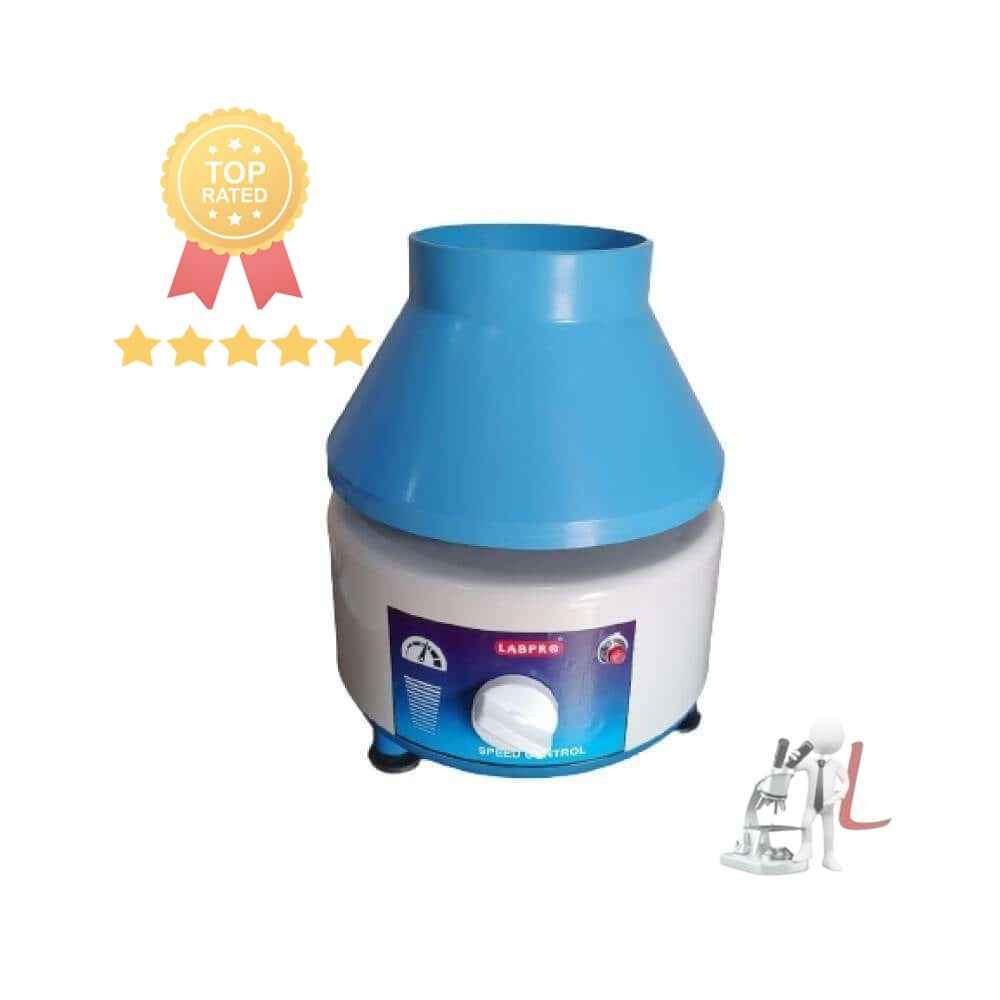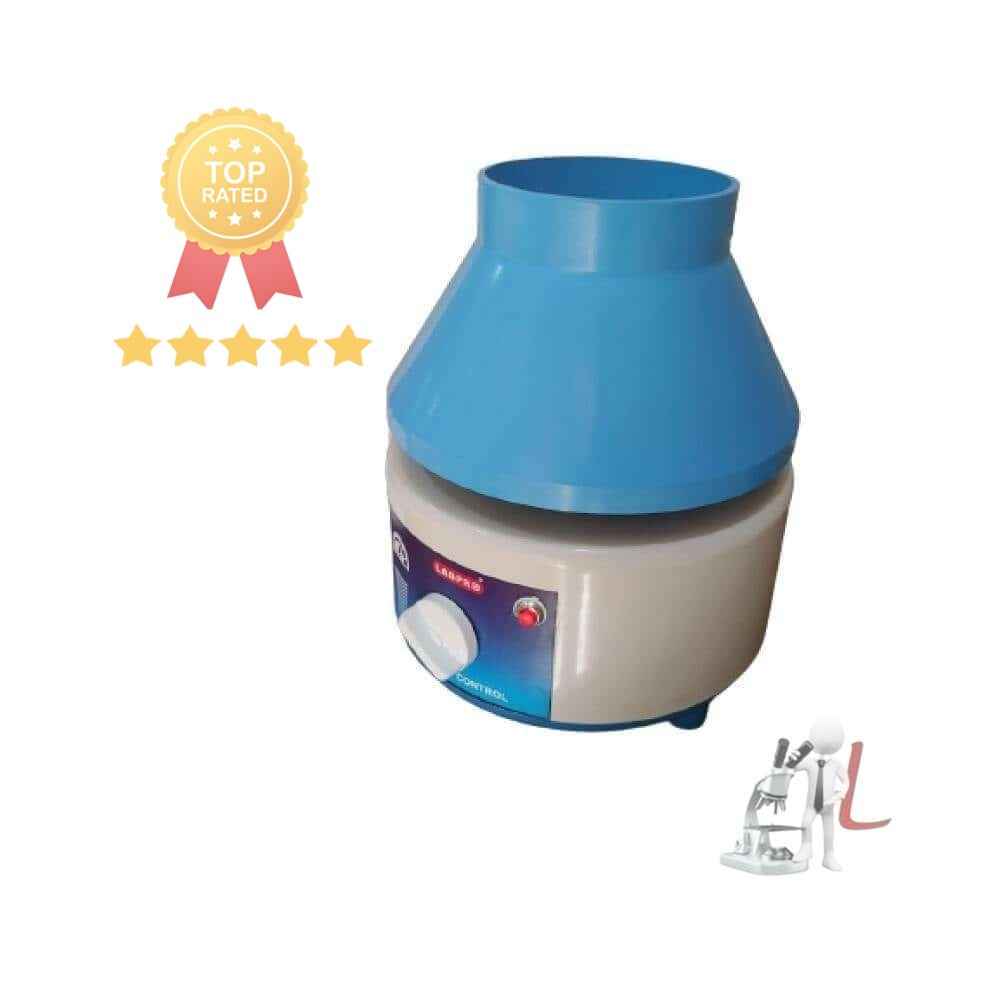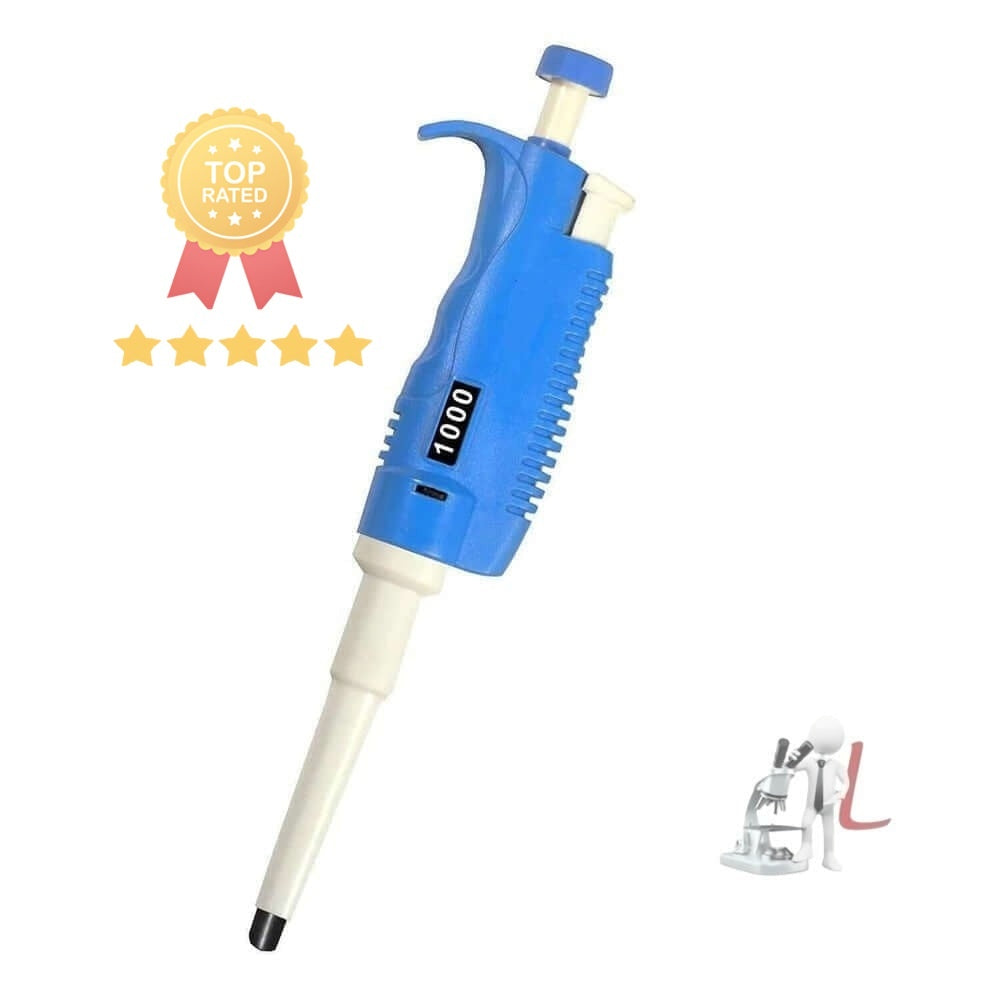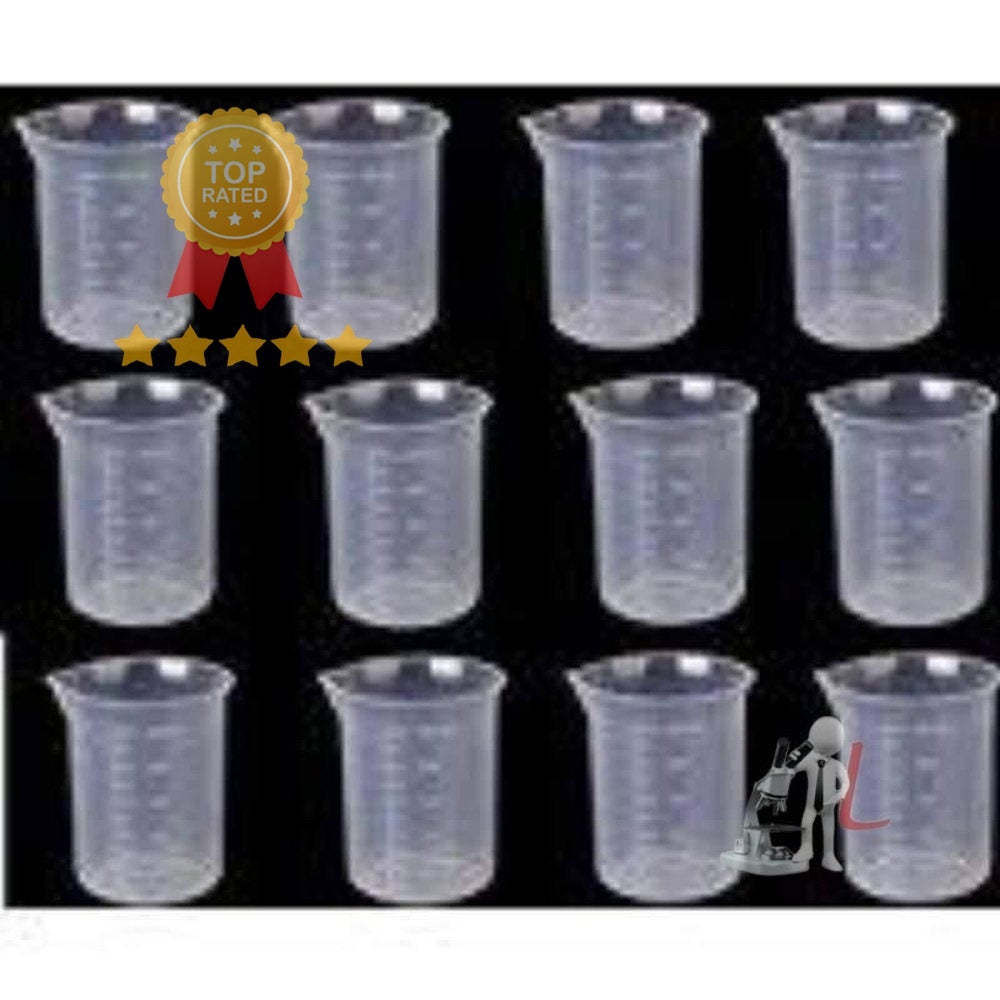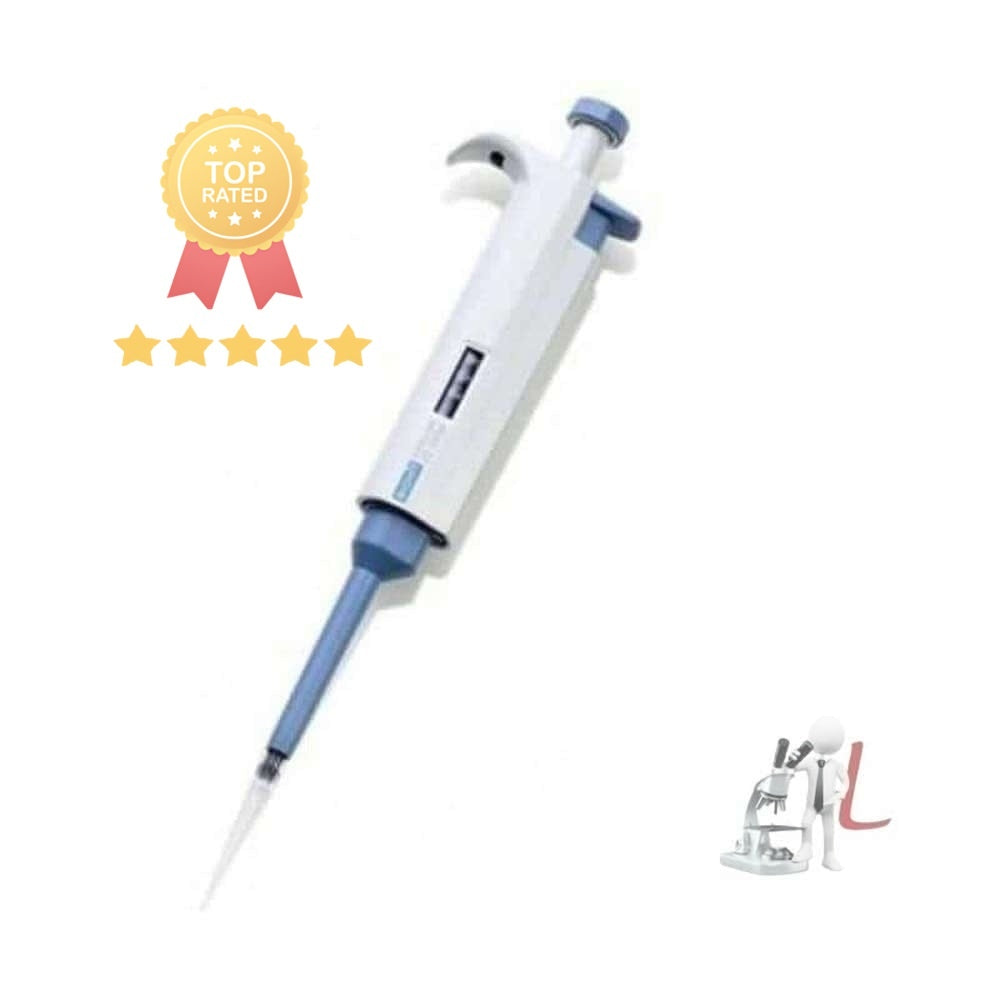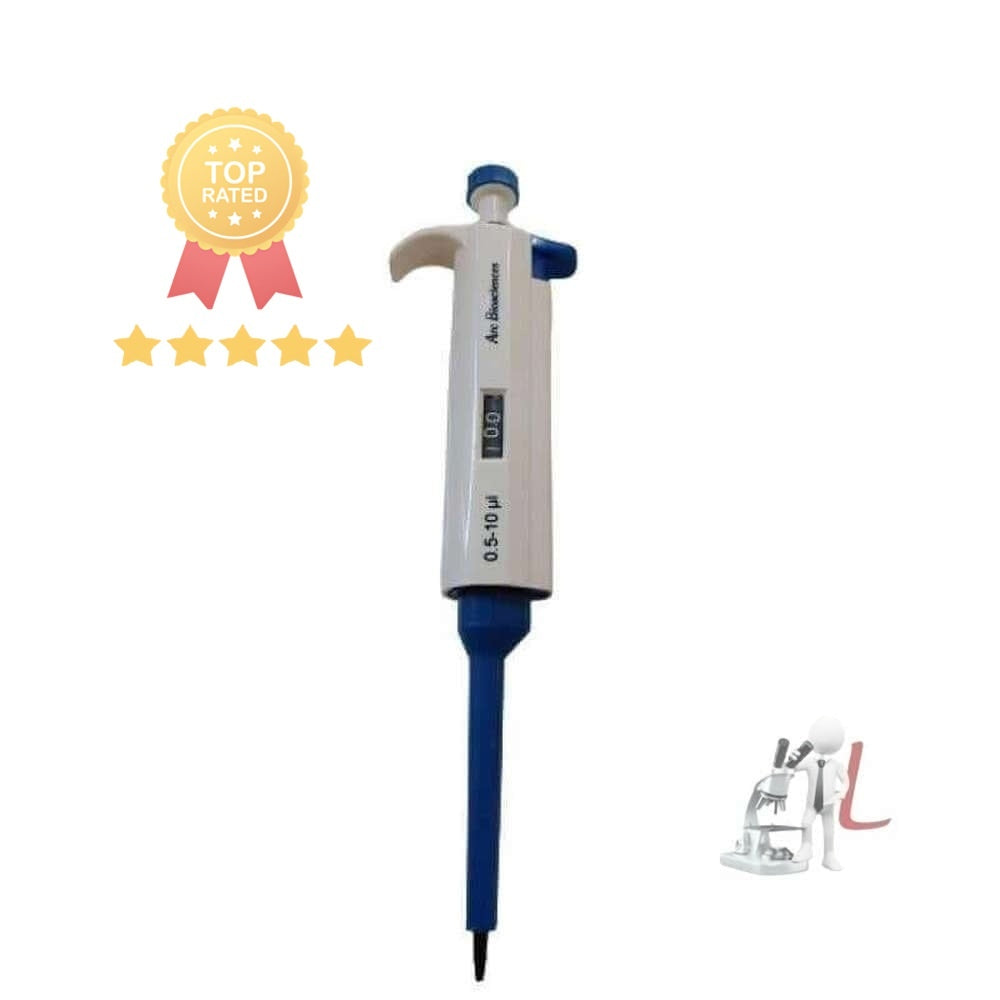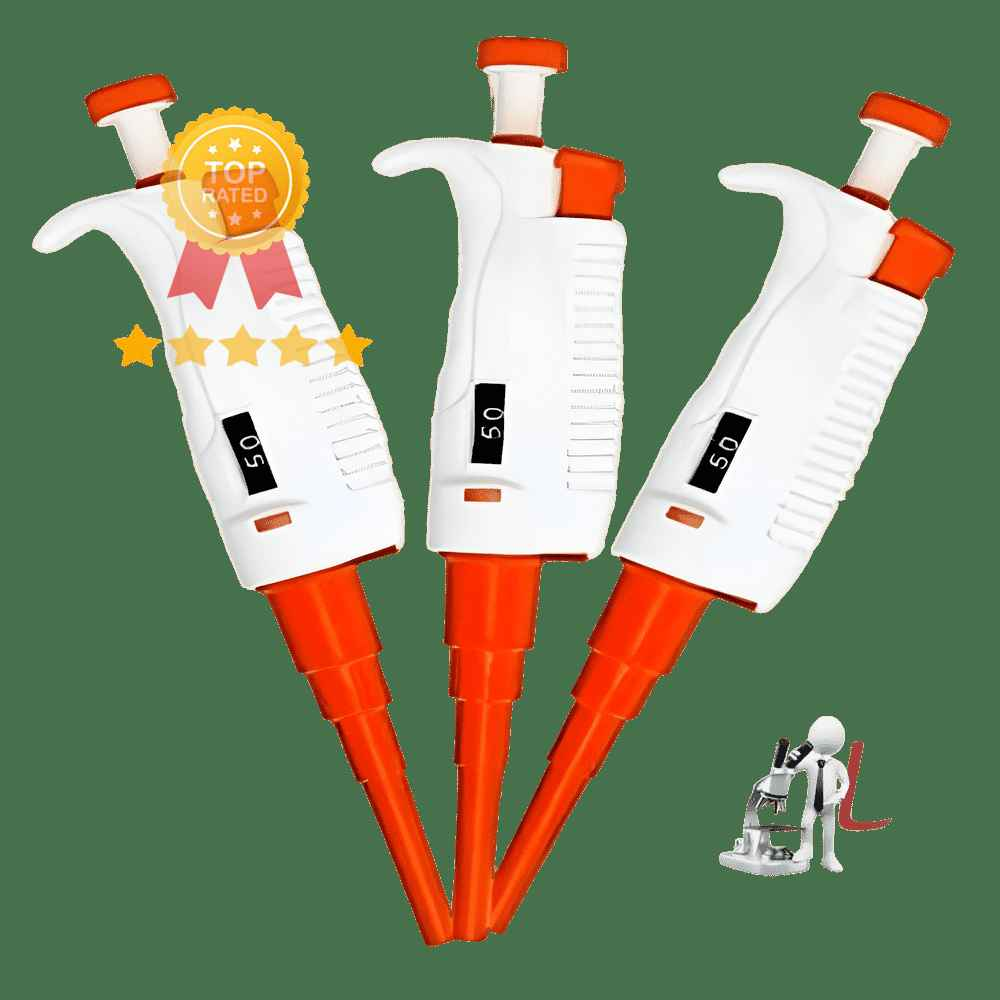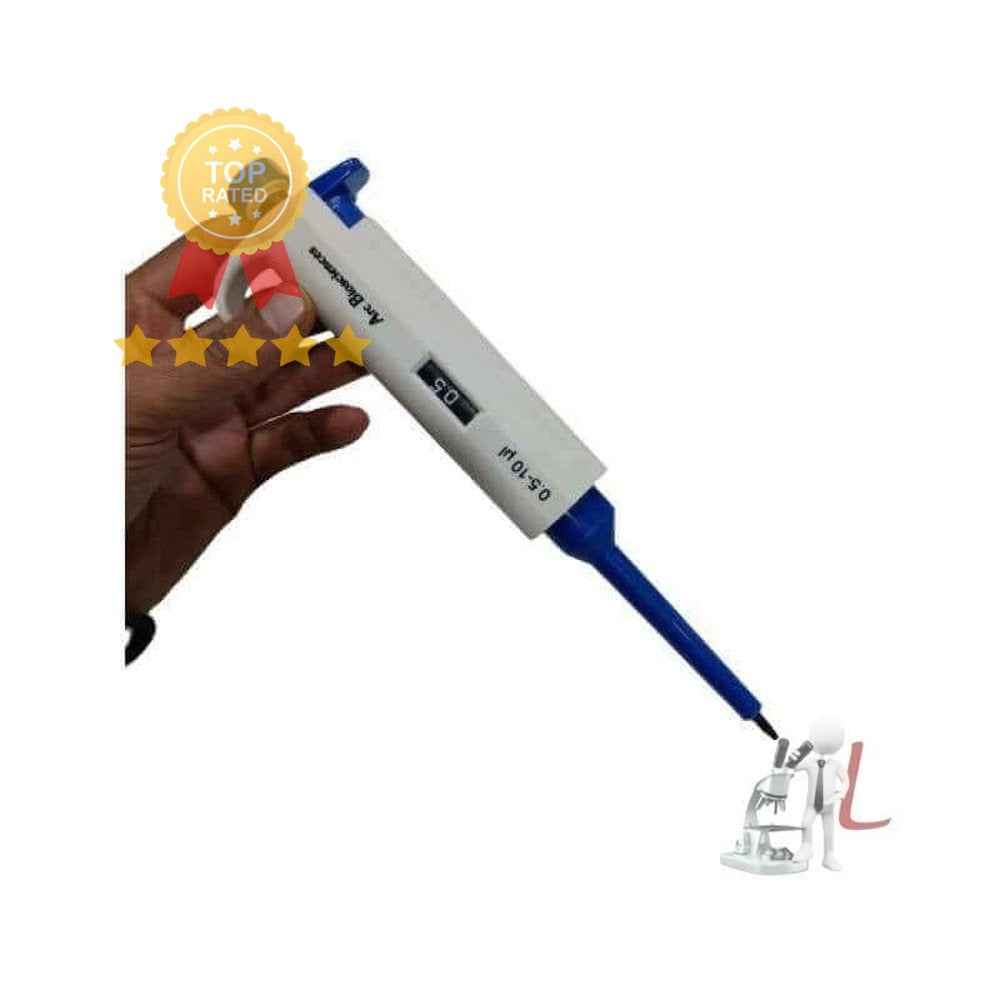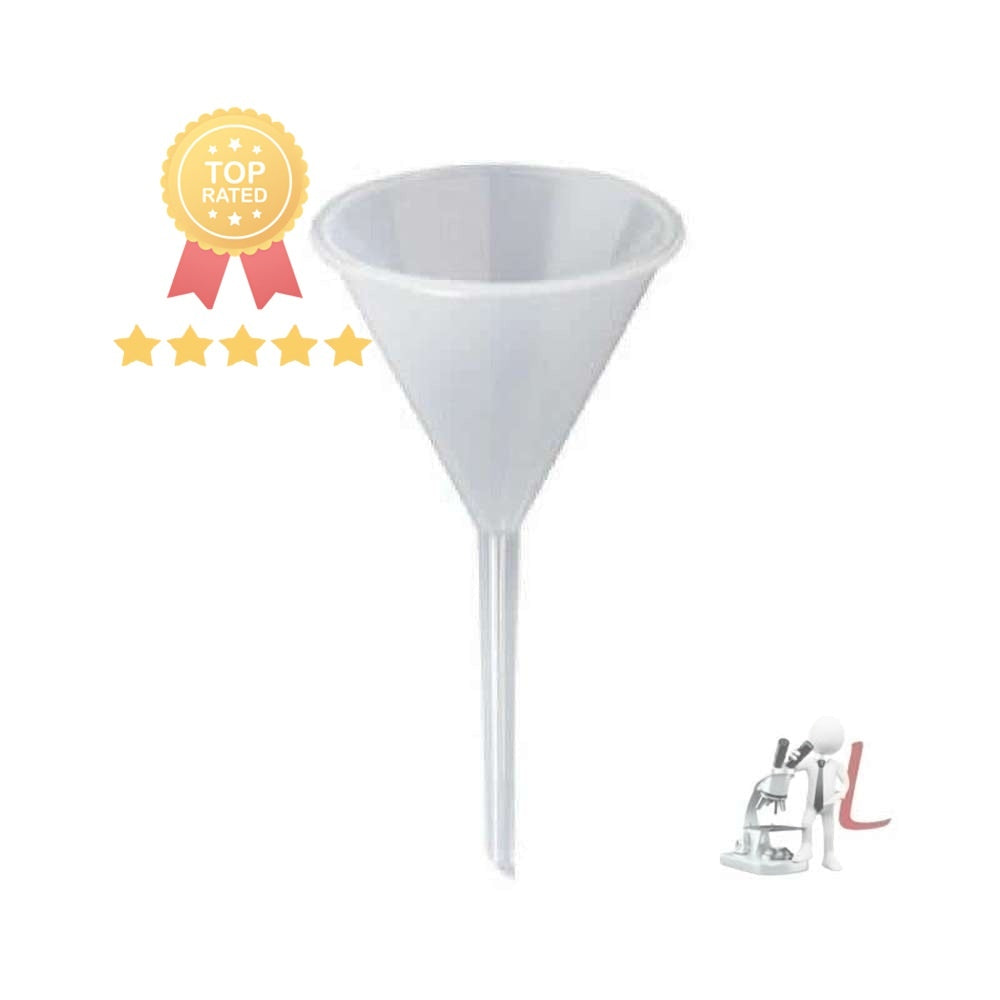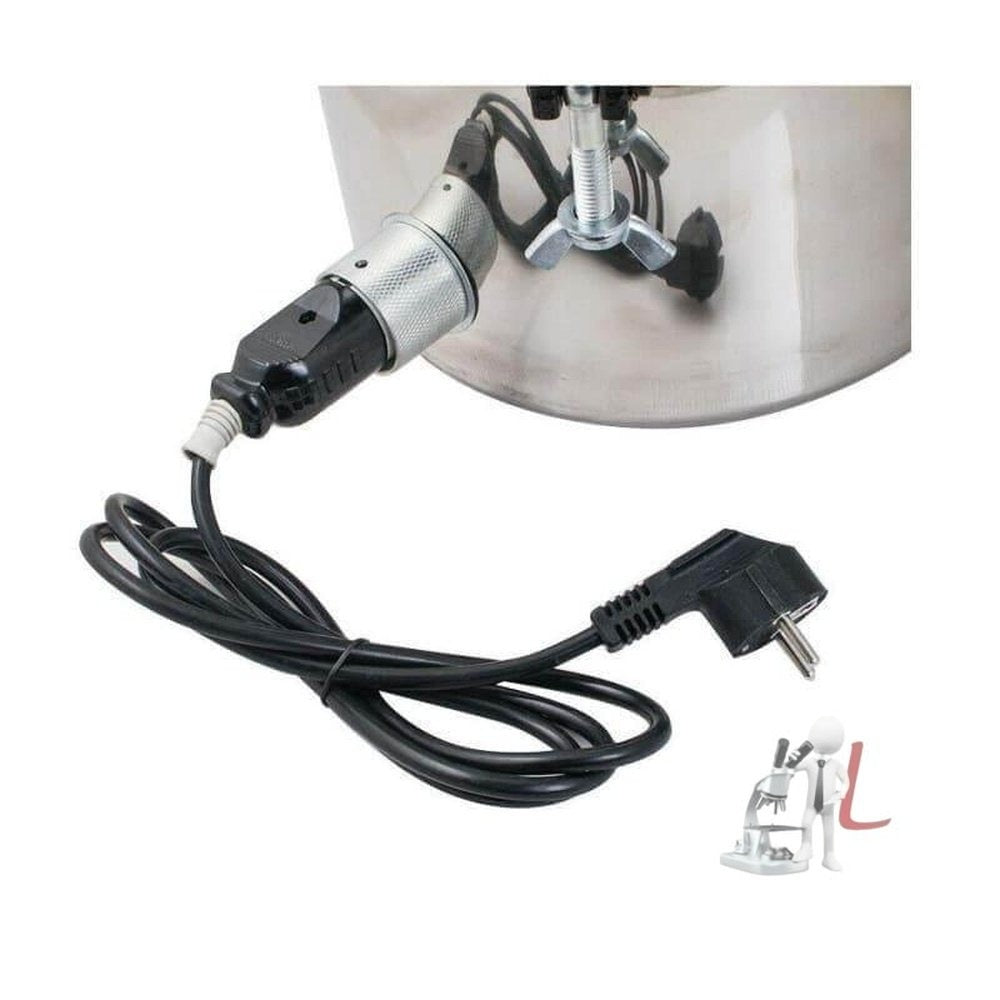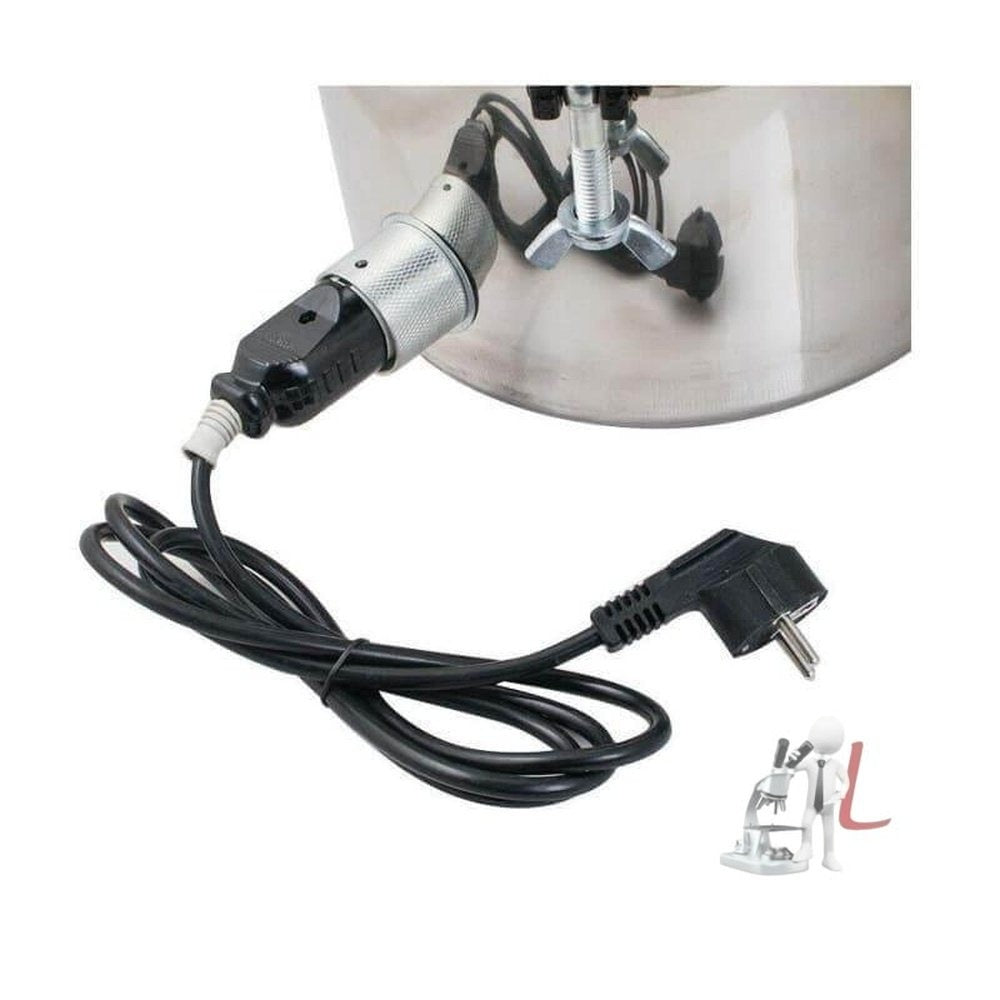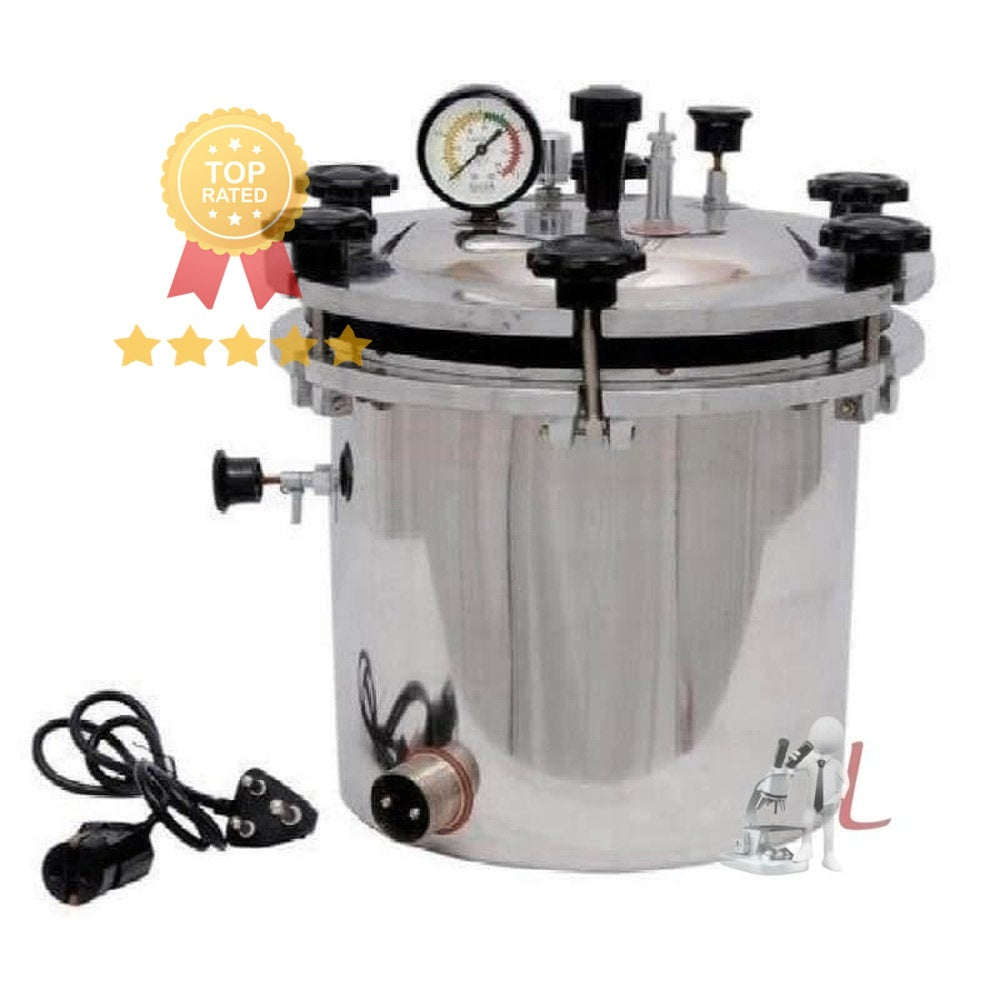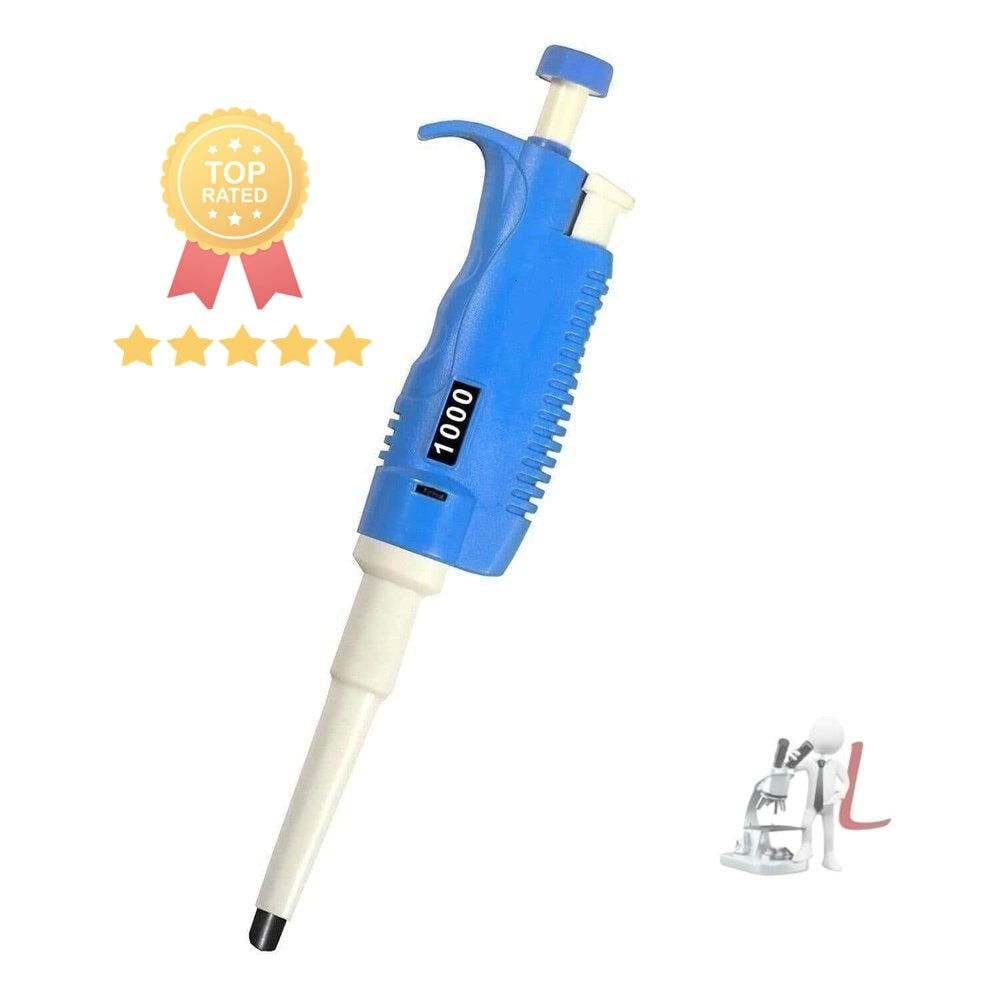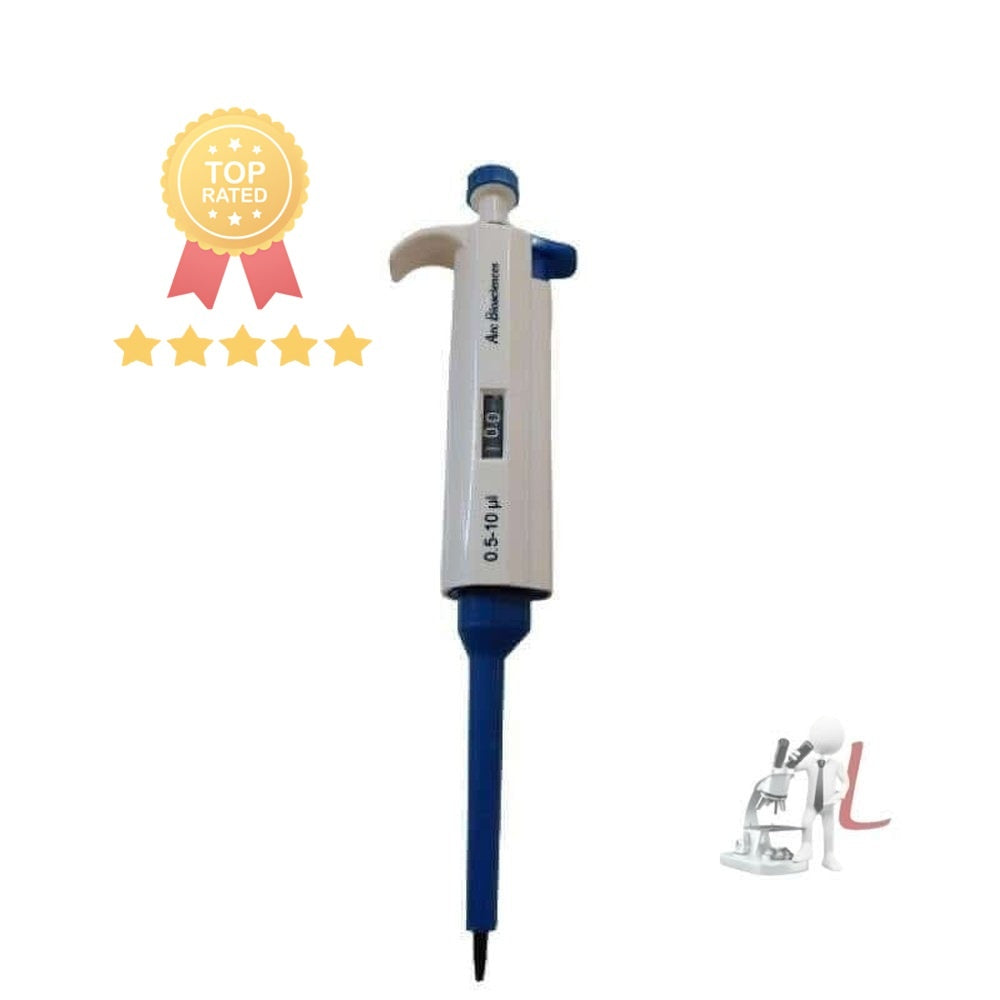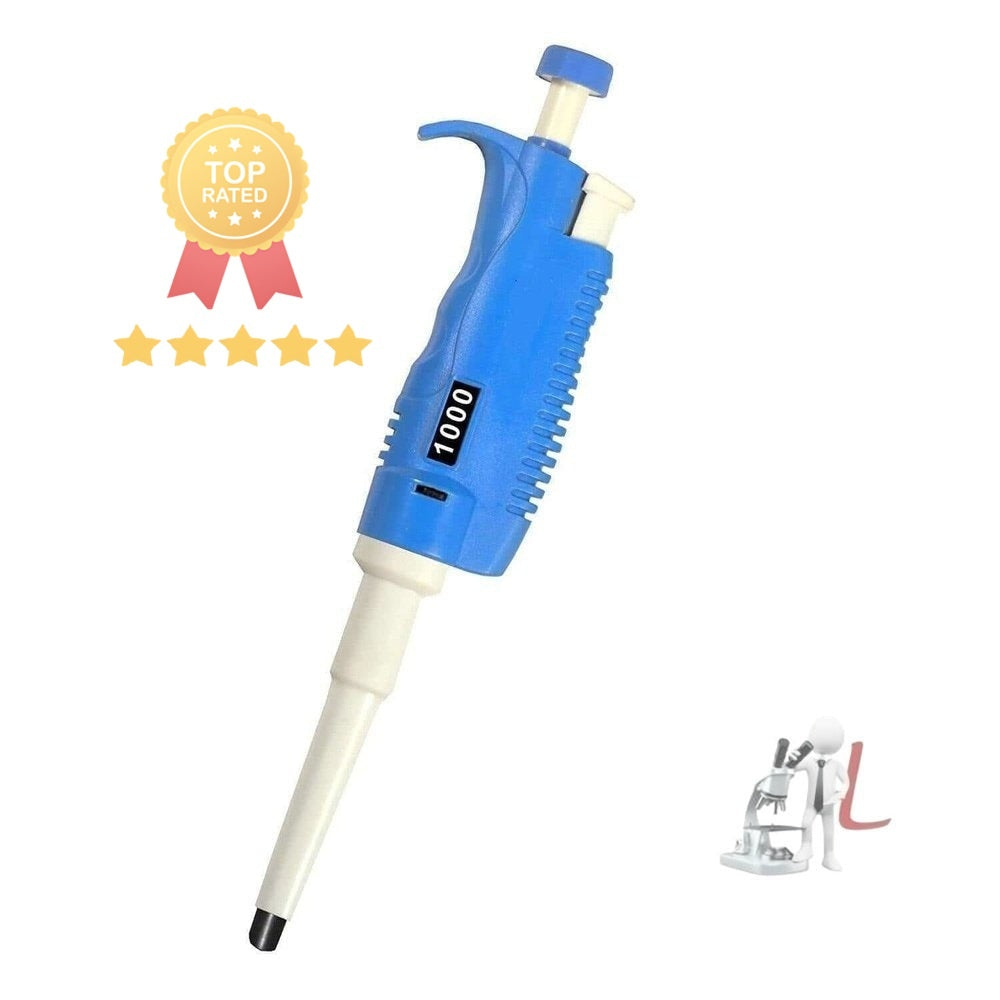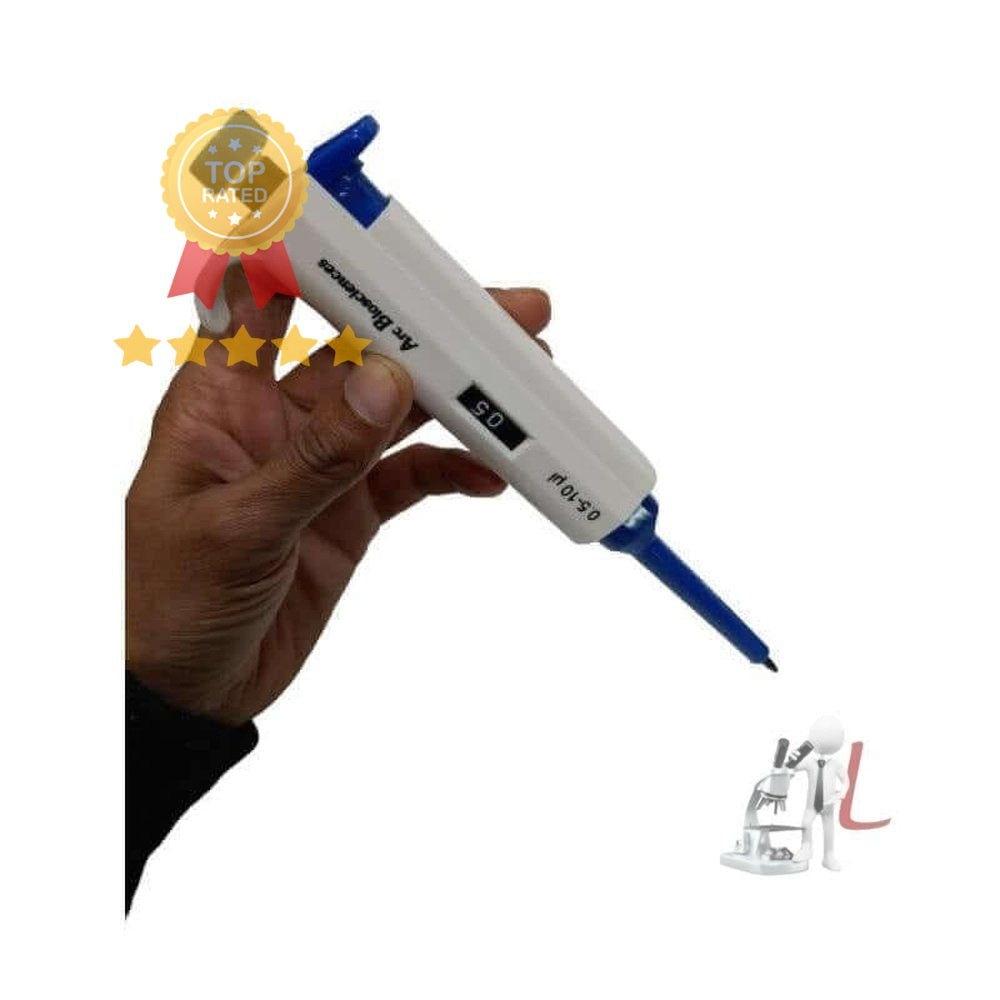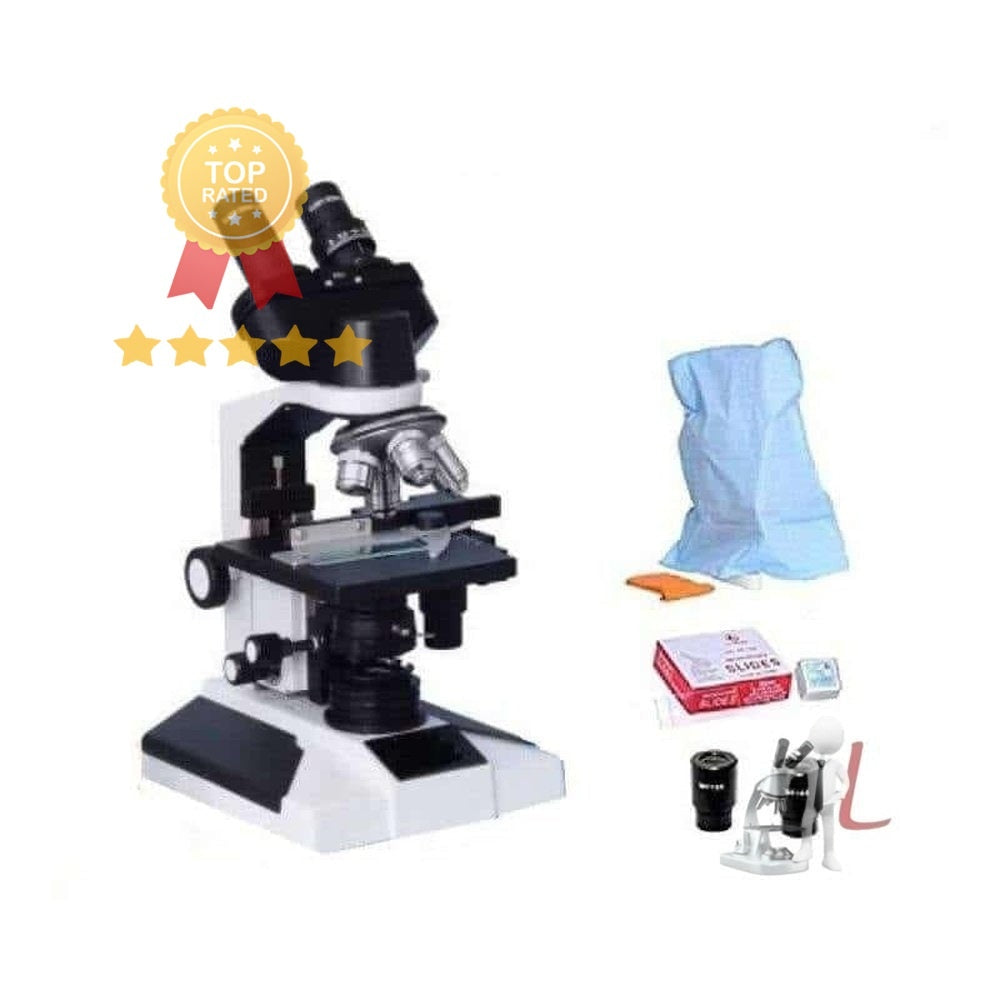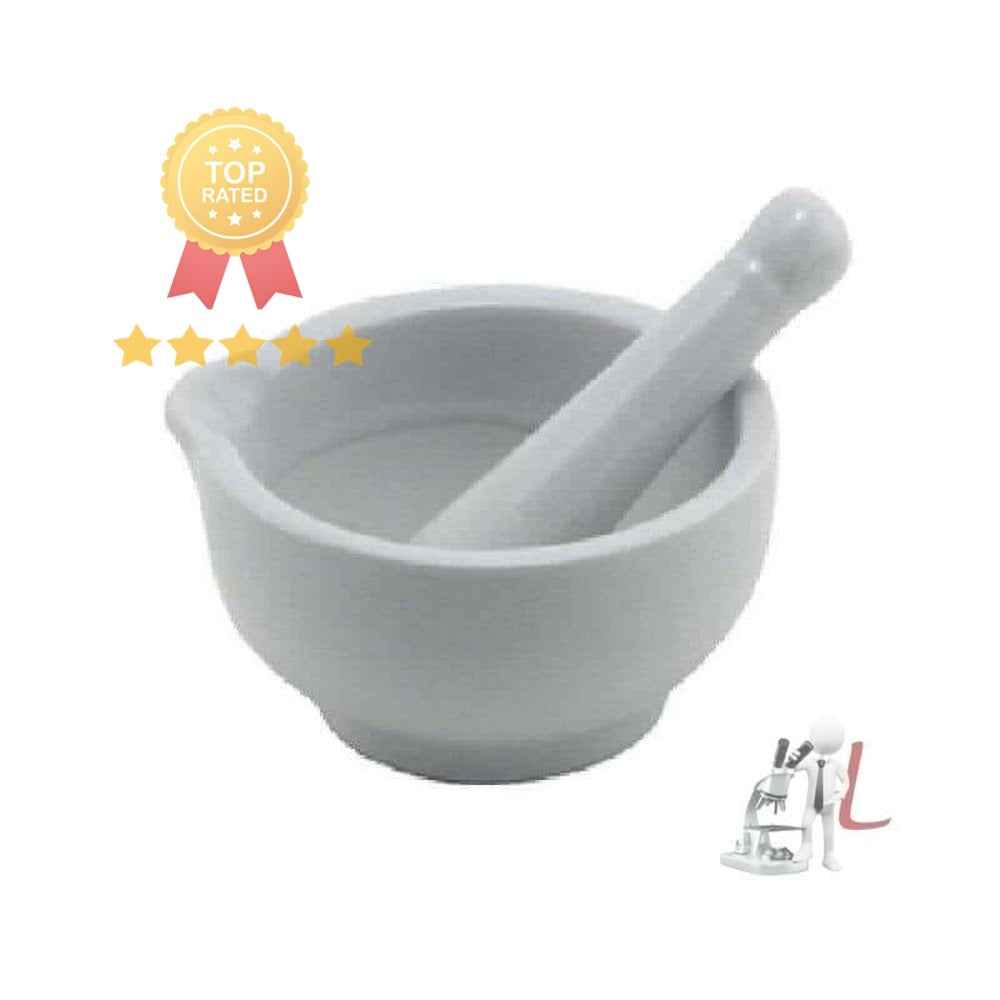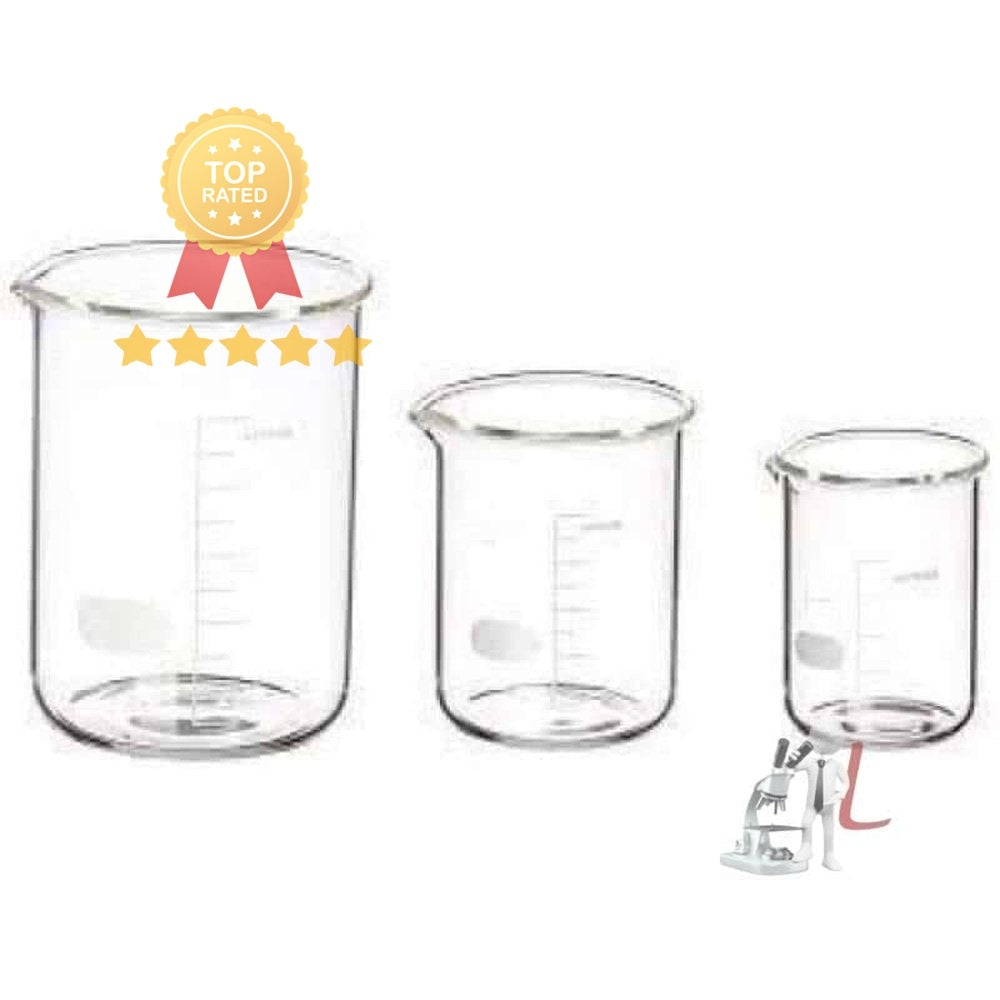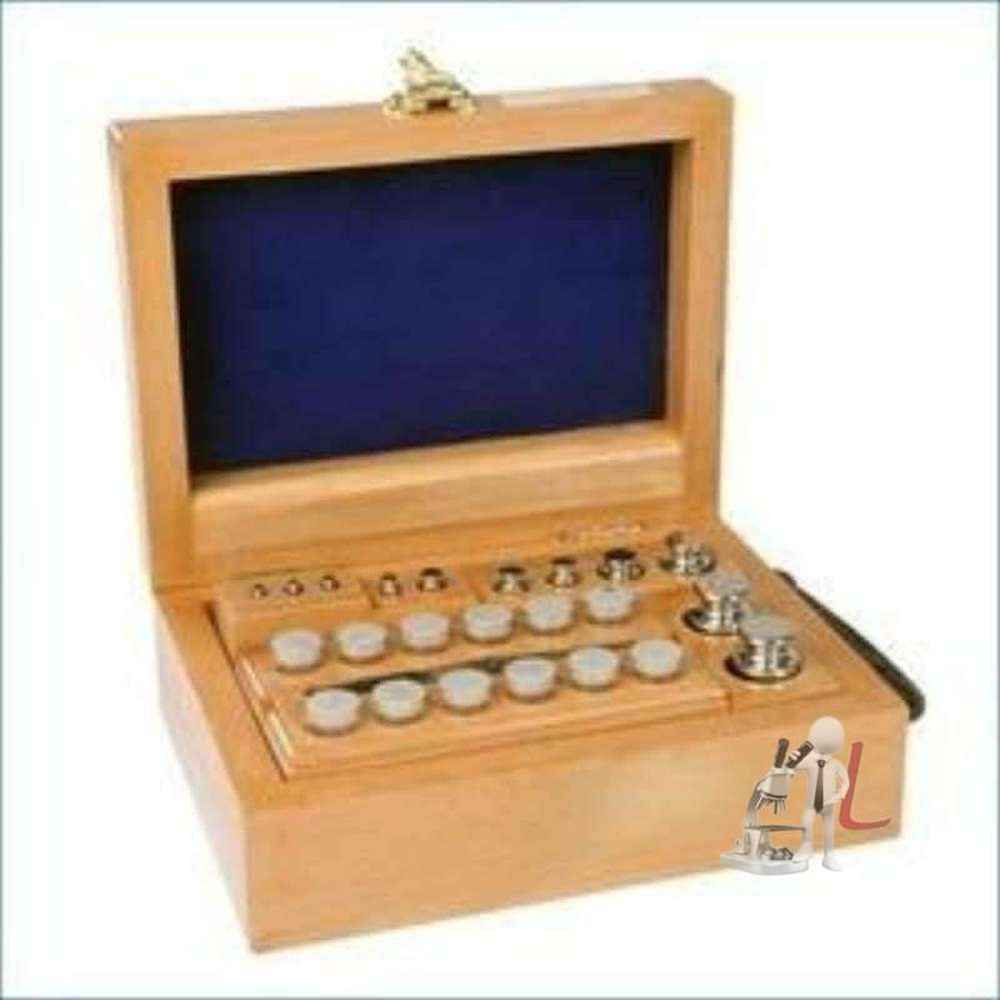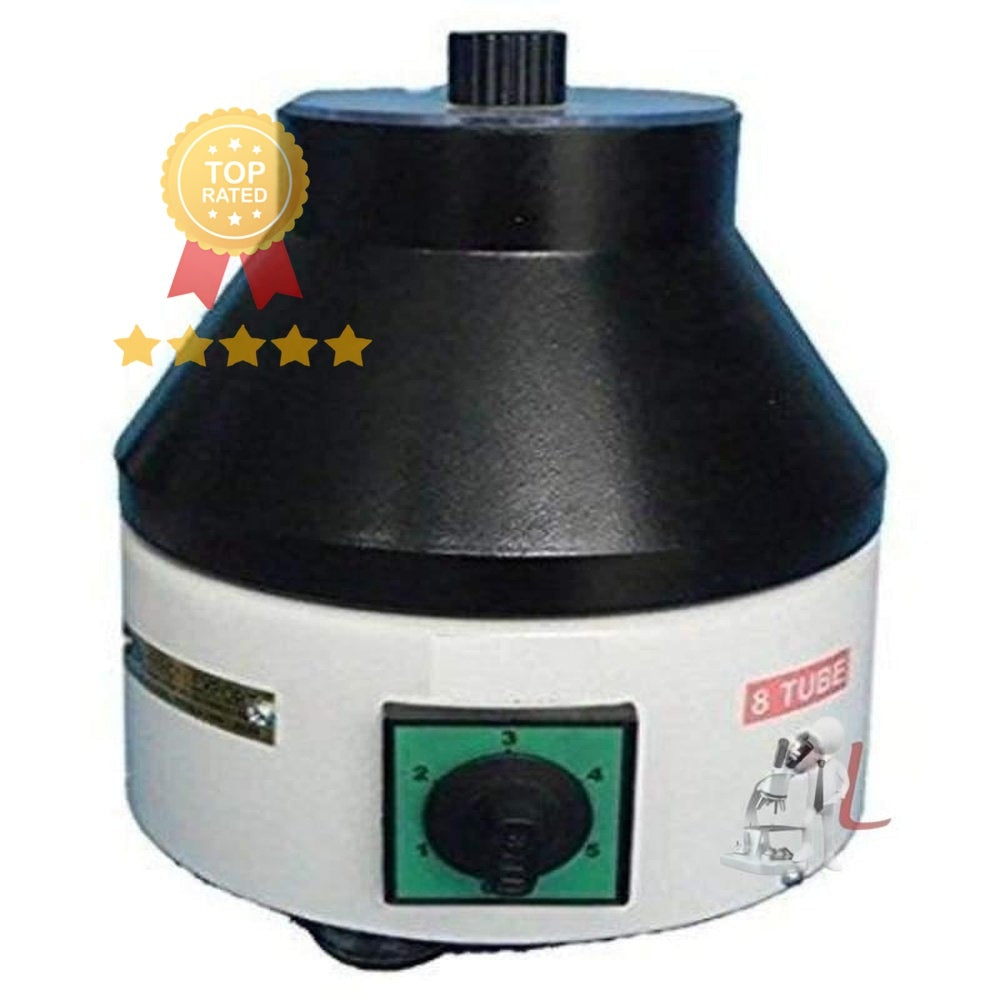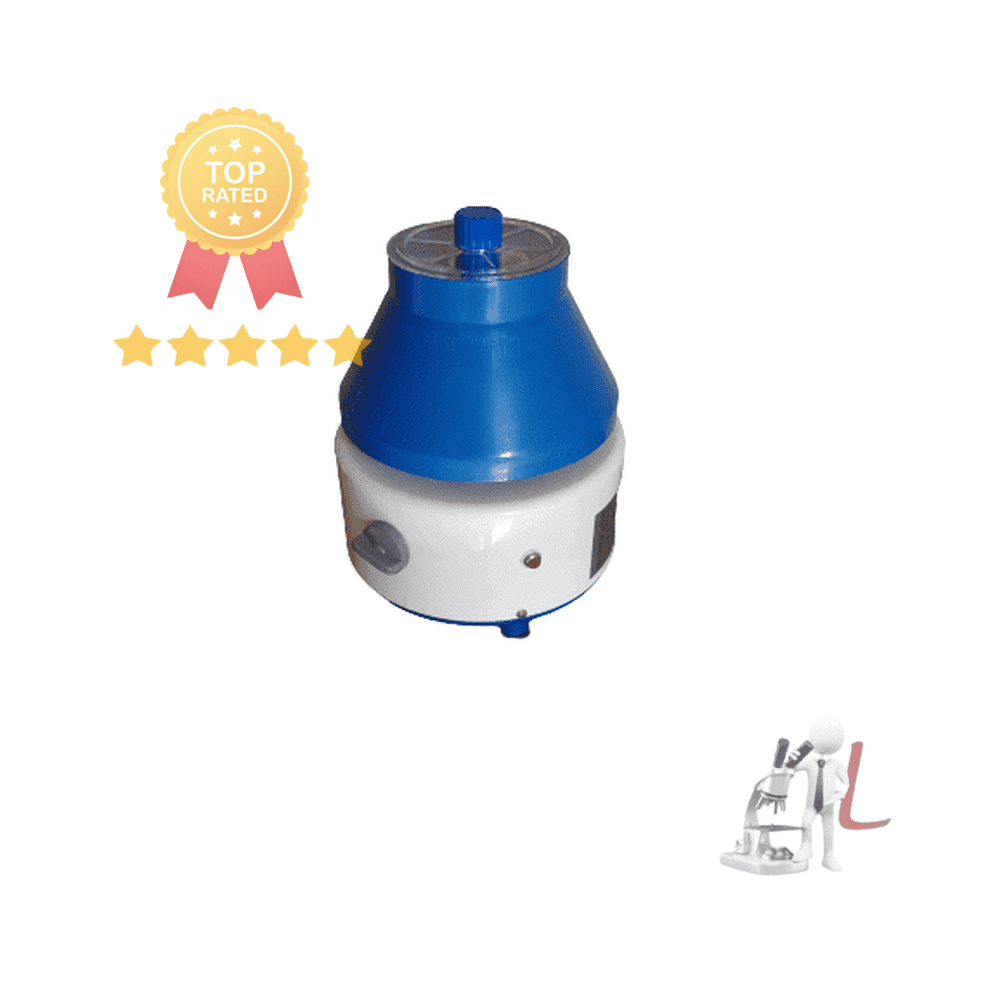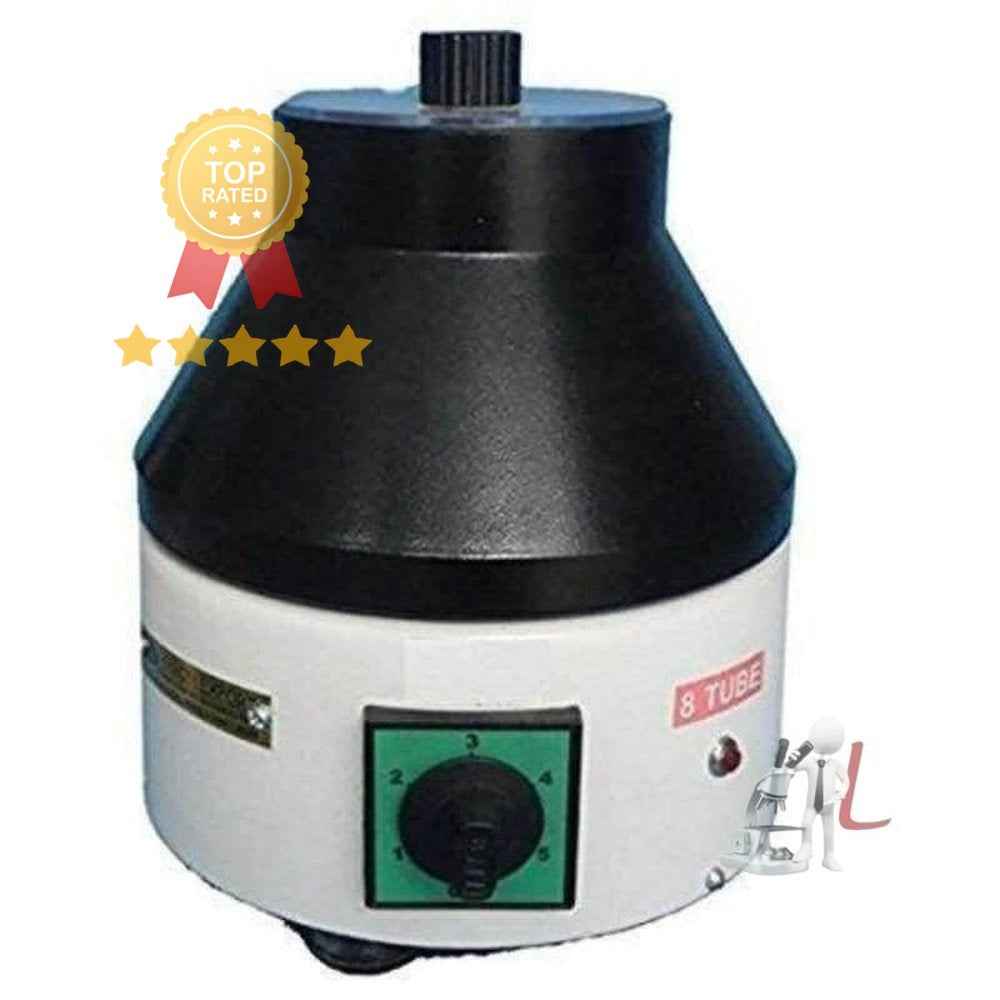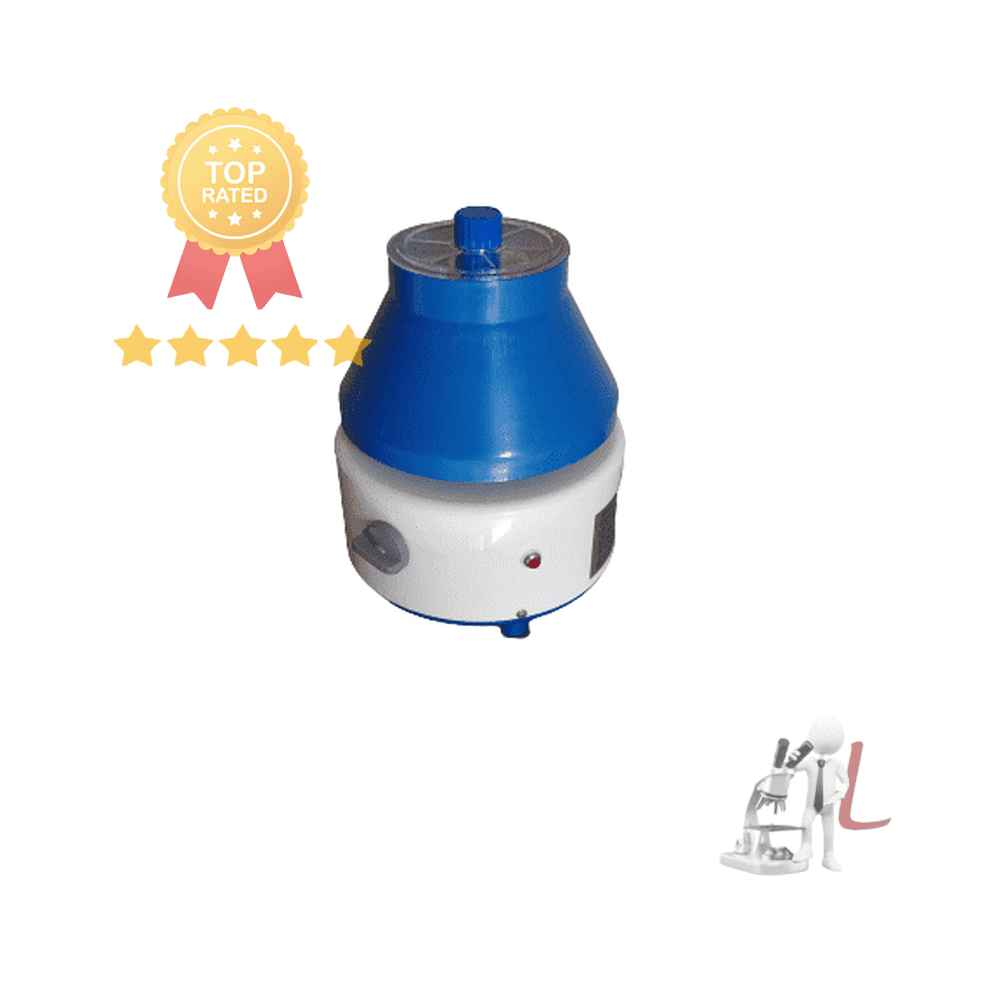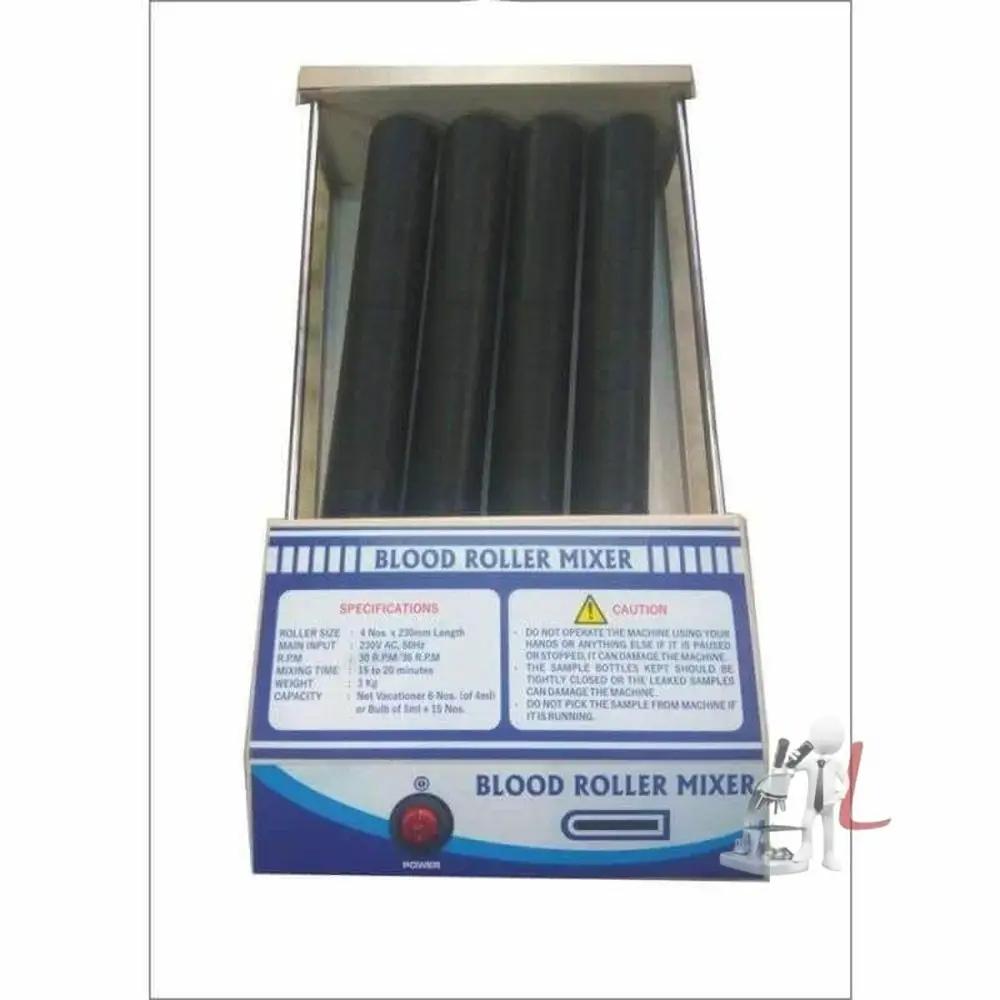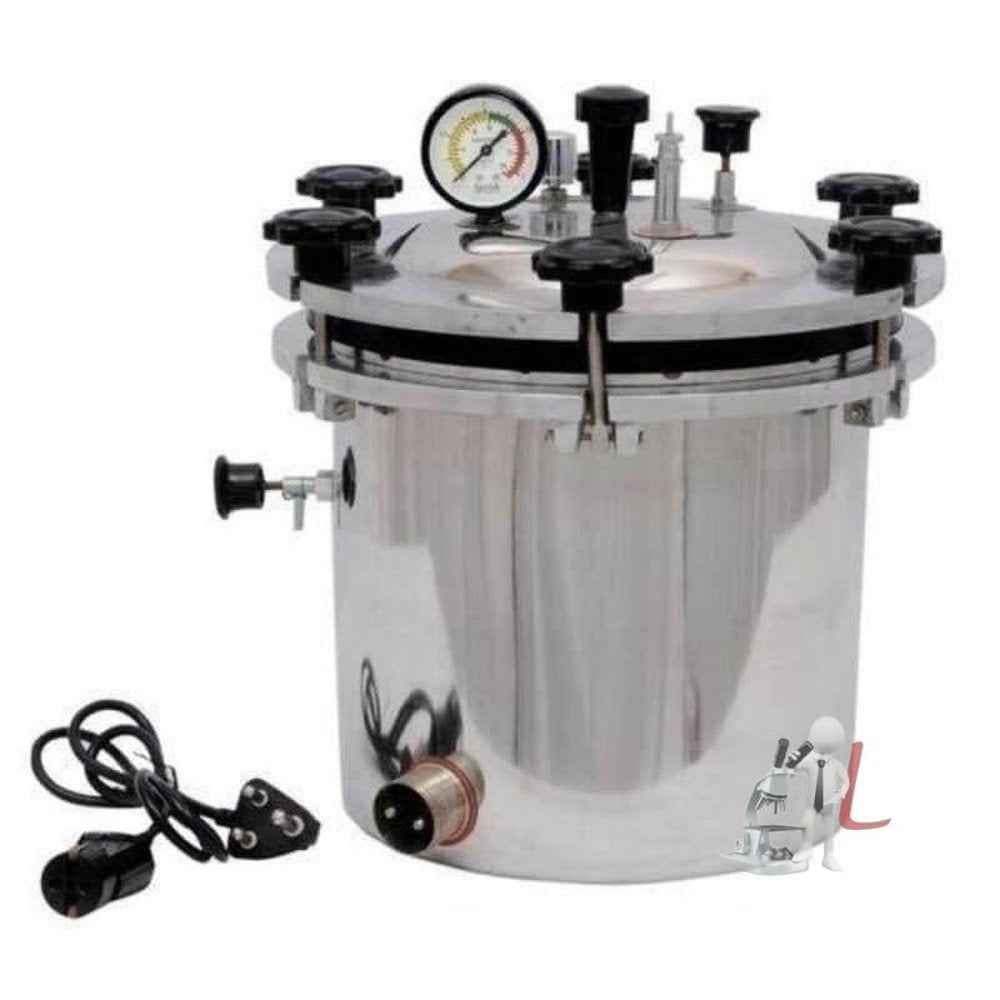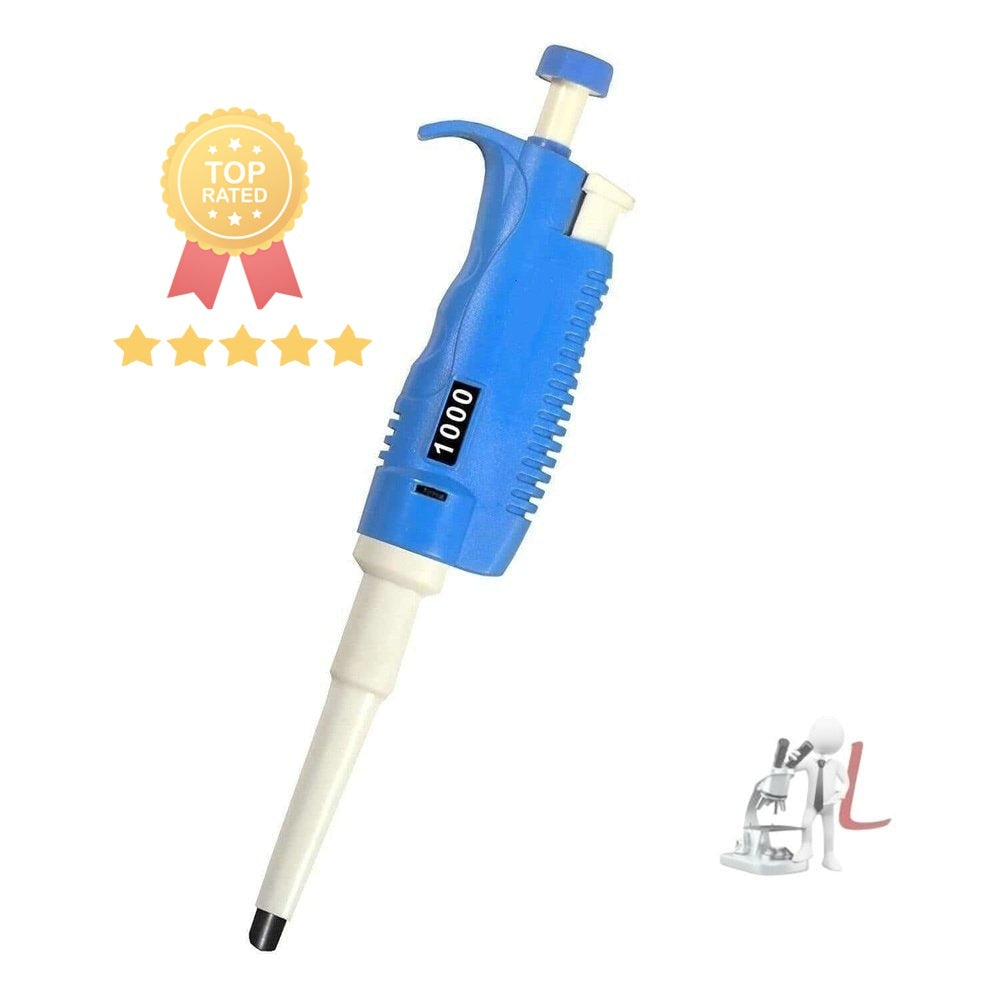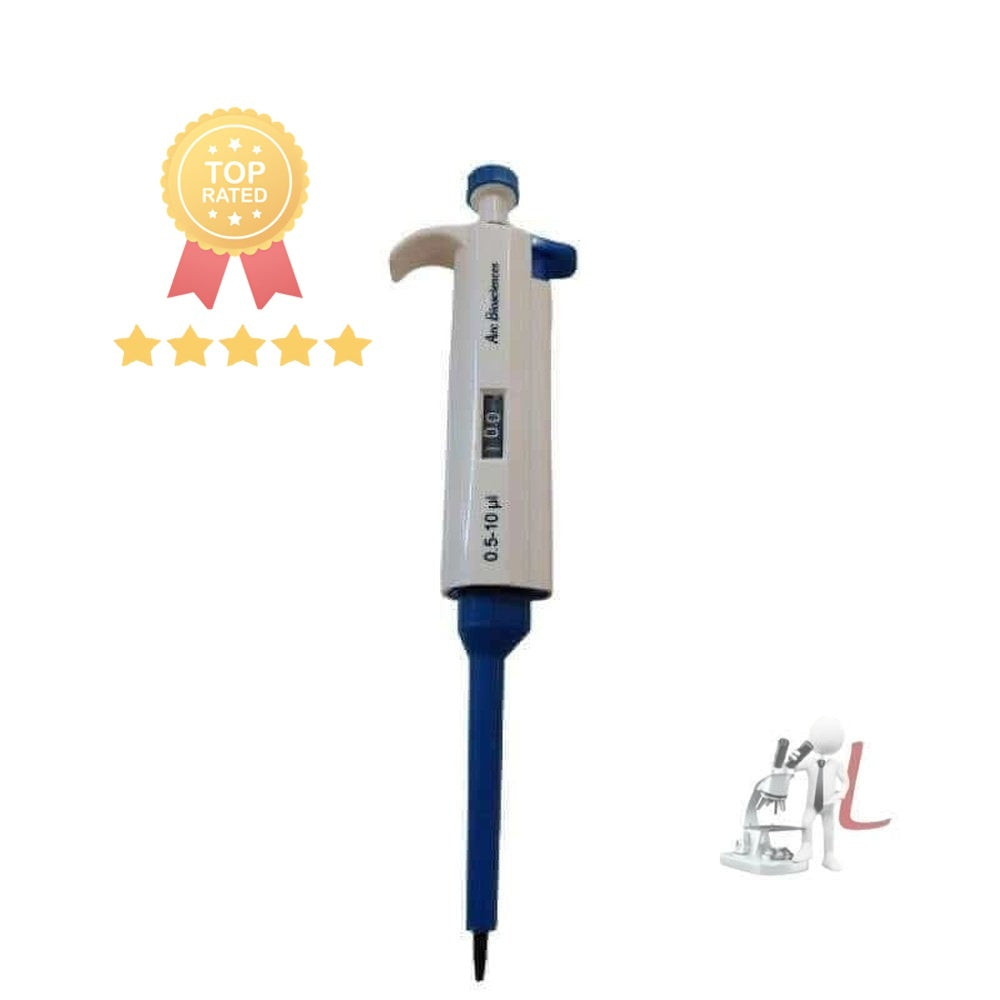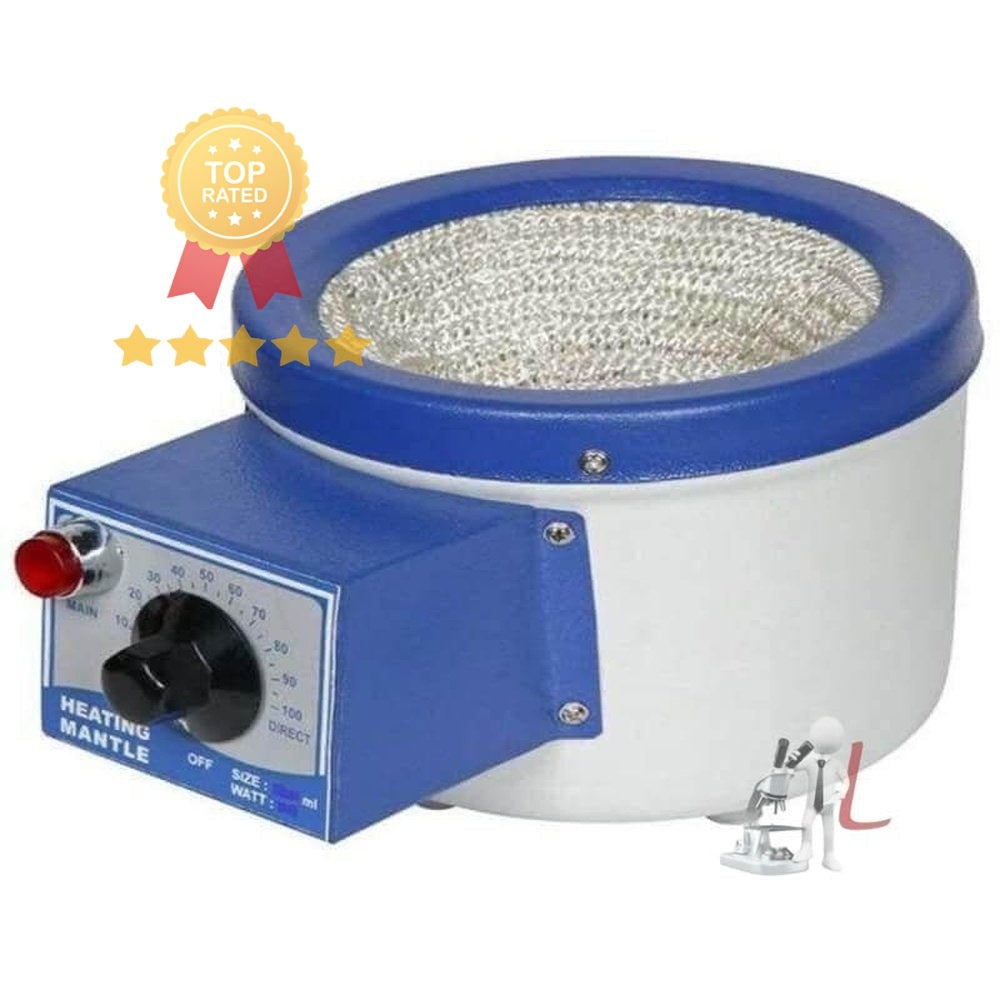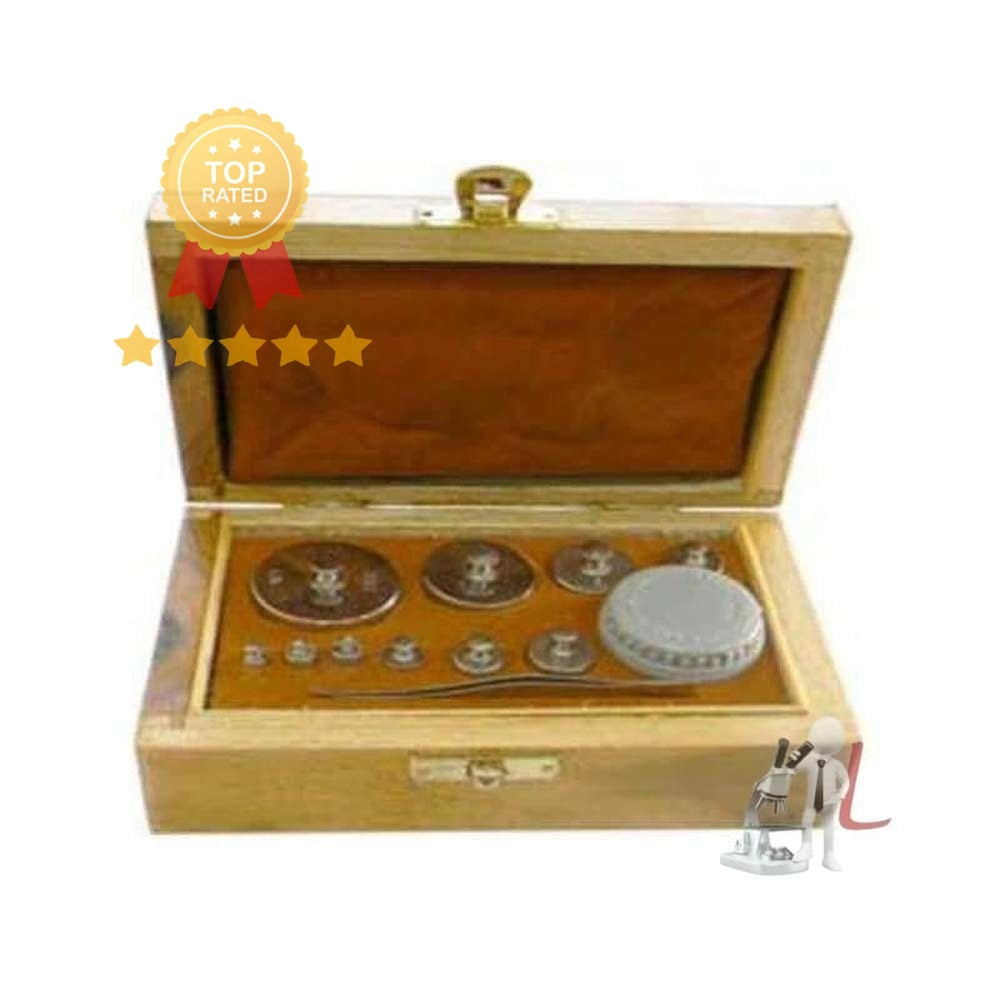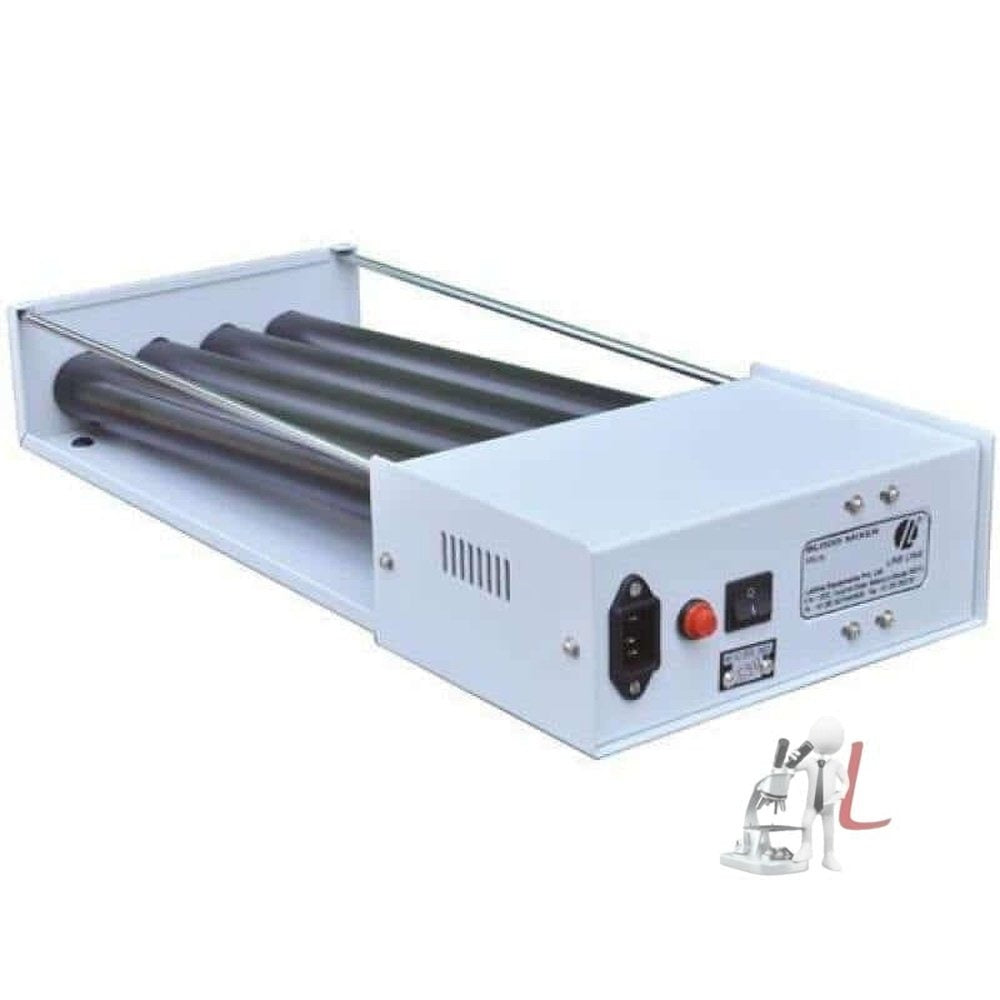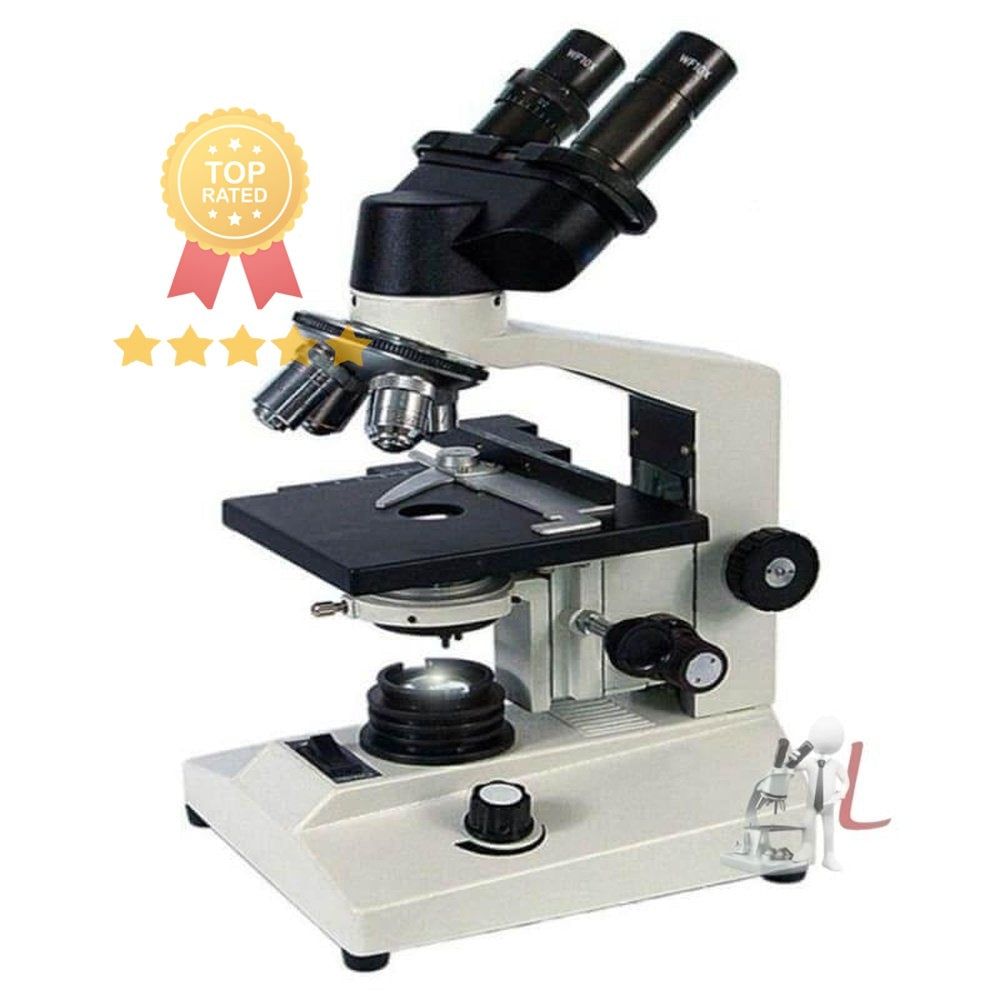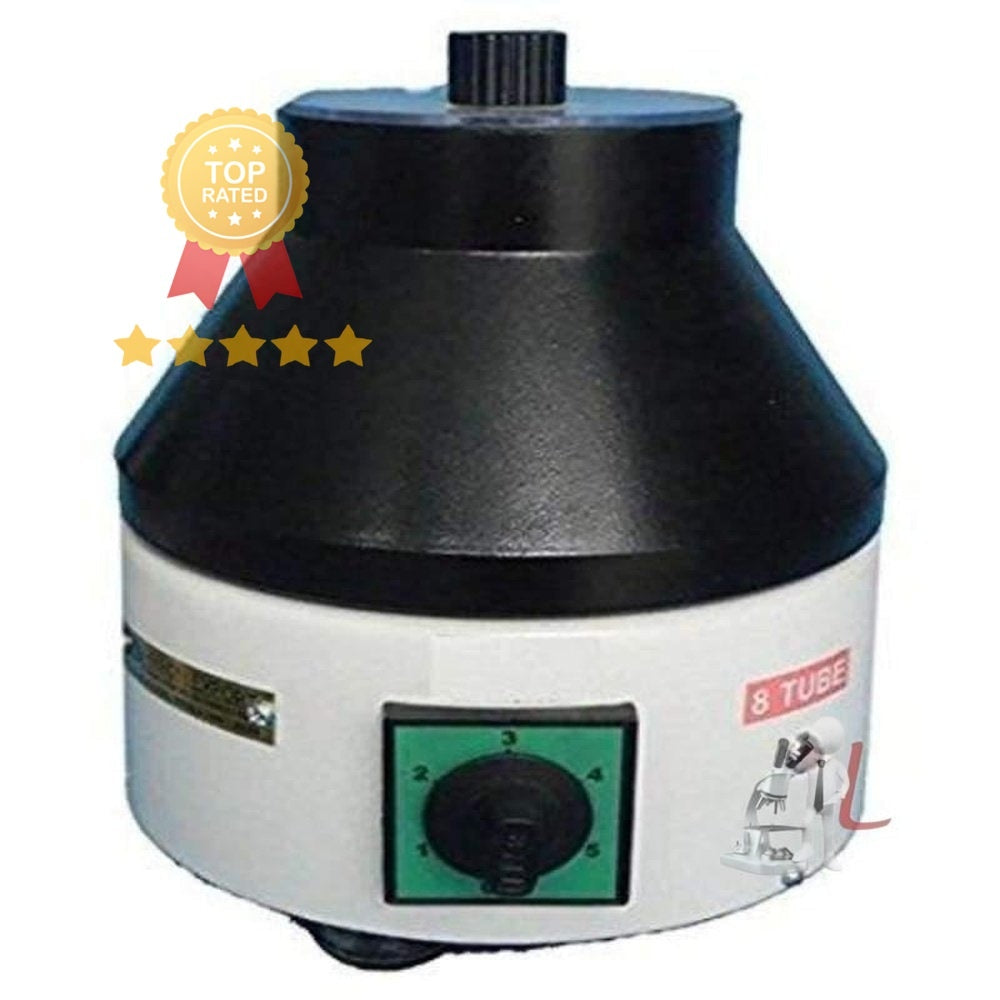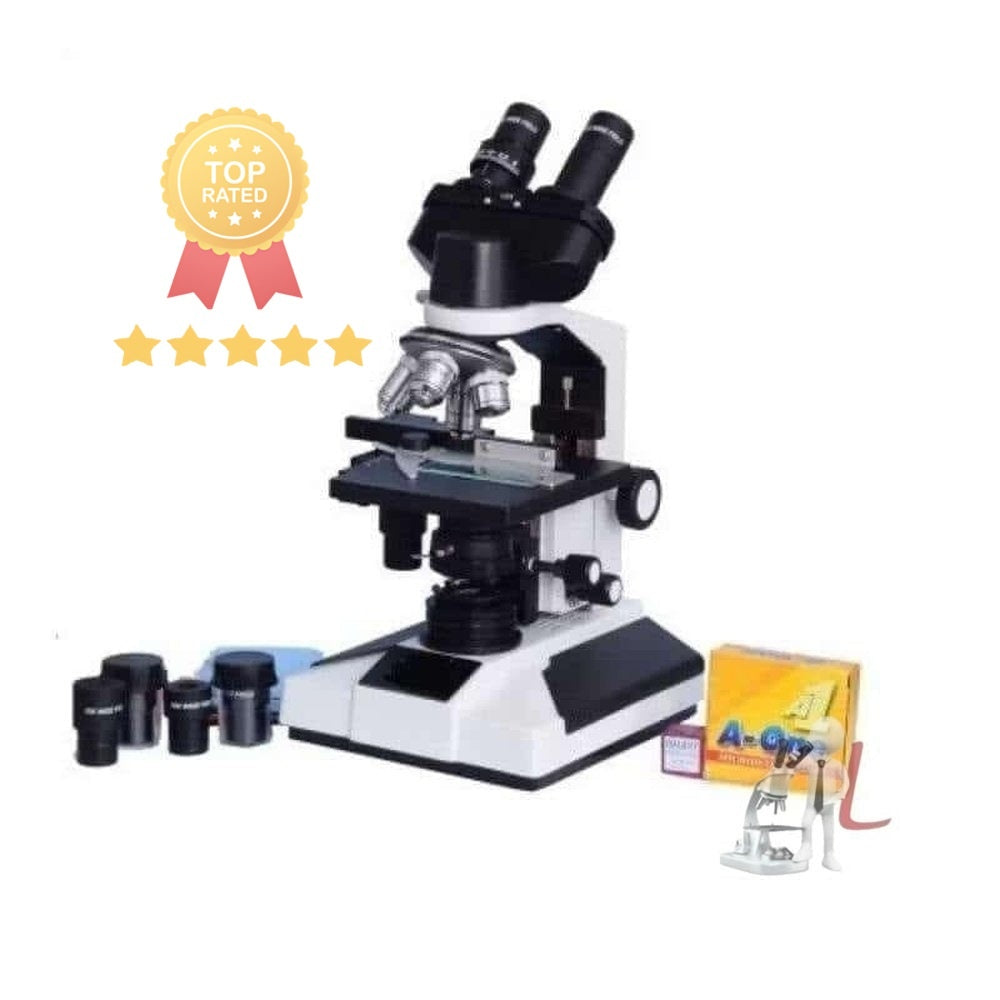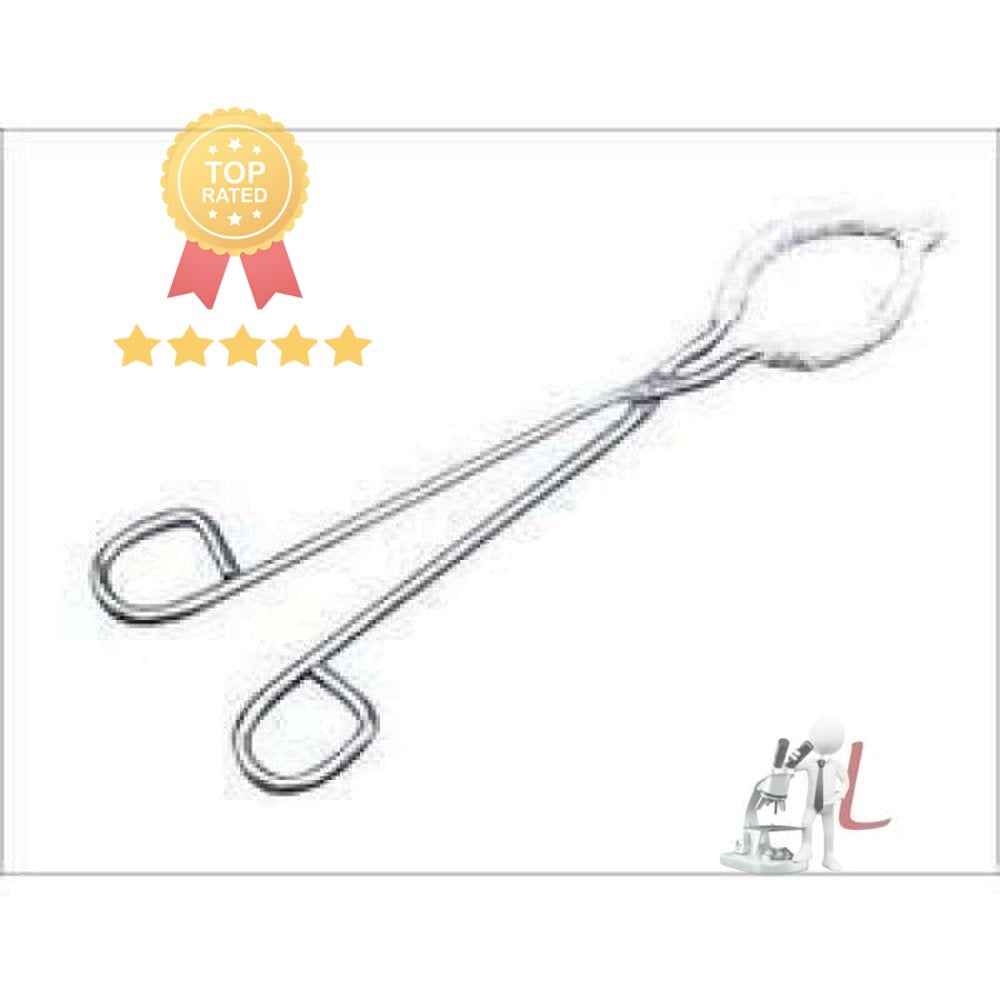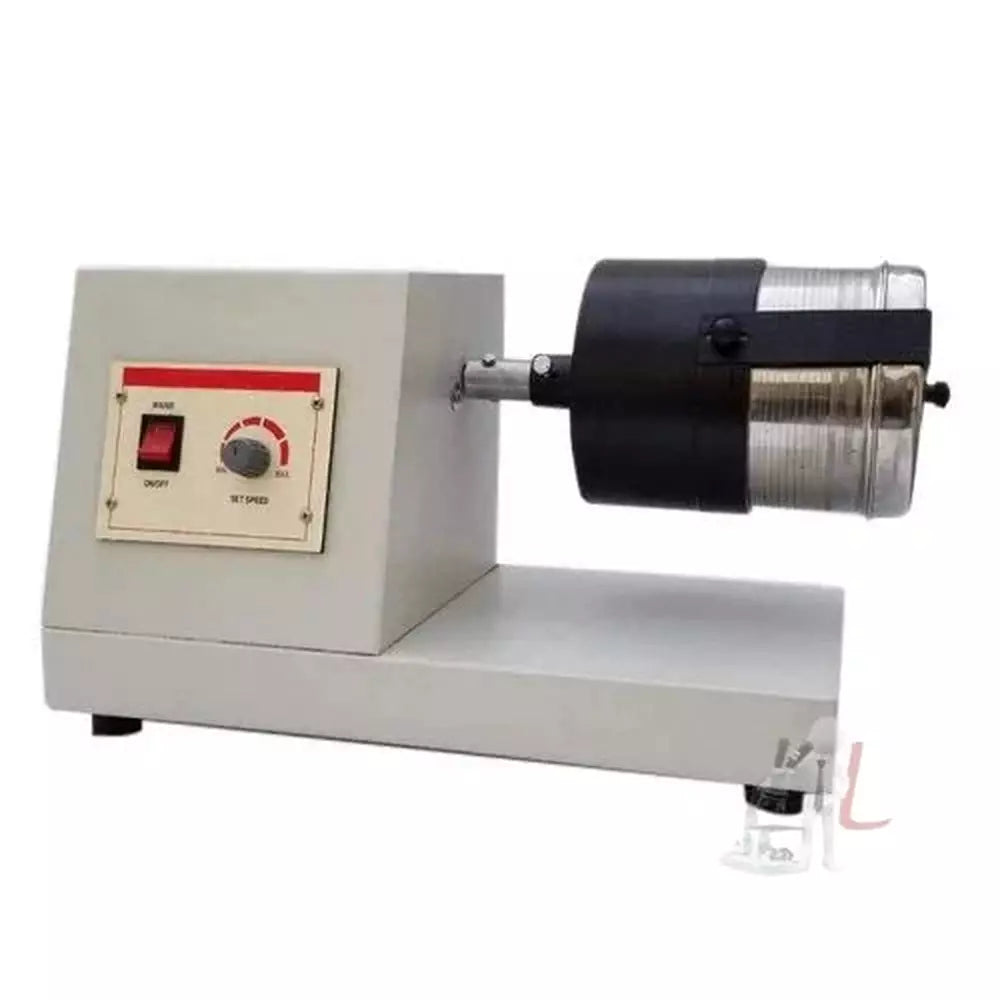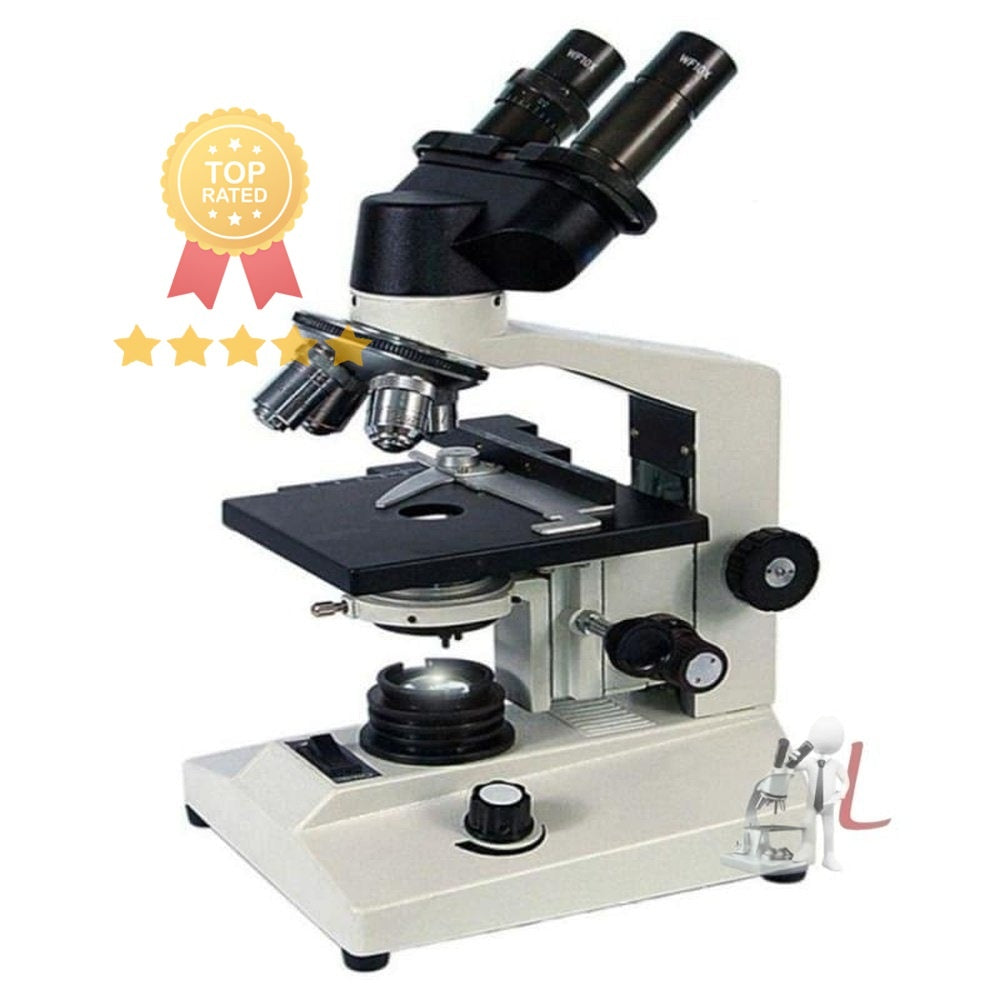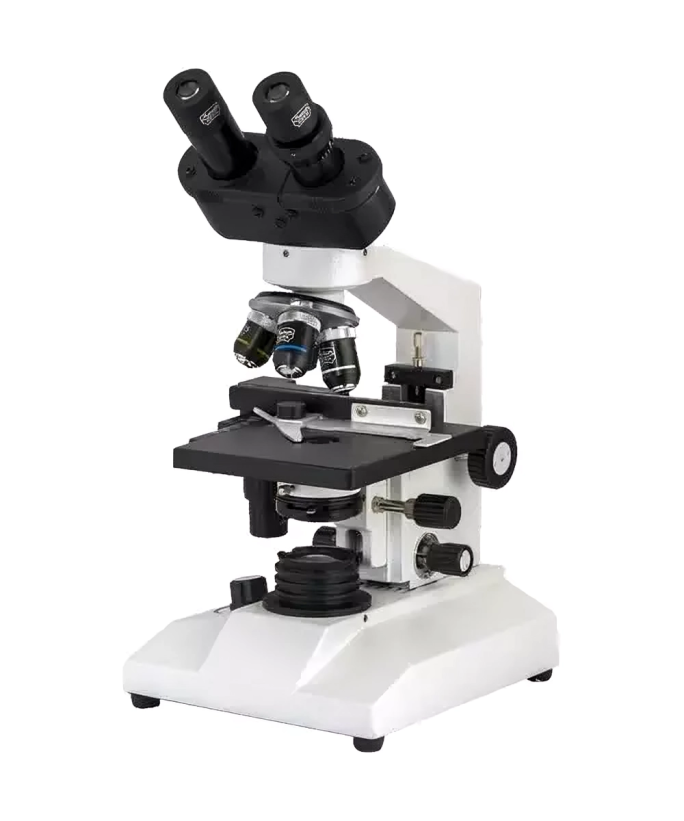General Laboratory Equipment
General Laboratory Equipment is essential for conducting experiments and research efficiently in a variety of scientific fields. The equipment encompasses a wide range of devices, tools, and materials that enable scientists, researchers, and technicians to perform tests, analyze samples, and gather data. From basic instruments such as pipettes and beakers to advanced systems like spectrophotometers and gas chromatographs, General Laboratory Equipment serves as the backbone of laboratories worldwide.
The importance of having the right General Laboratory Equipment cannot be overstated. It not only facilitates accurate measurements and observations but also aids in ensuring safety and precision in experiments. Each piece of equipment is designed for specific tasks, allowing for specialization and focused research. For instance, analytical balances are crucial for measuring the mass of samples accurately, while ultrasonic baths are used for cleaning laboratory instruments thoroughly.
In diverse fields such as chemistry, biology, and physics, General Laboratory Equipment plays a crucial role in experimentation and research. In chemistry labs, equipment like fume hoods and magnetic stirrers help manage hazardous substances and ensure proper mixing of solutions. In biology, incubators and centrifuges are vital for growing cultures and separating biological materials, respectively. Physics laboratories require instruments like oscilloscopes and vacuum pumps for advanced experiments.
Efficiency in a laboratory setting is significantly impacted by the quality and type of General Laboratory Equipment available. Investing in high-quality instruments can lead to better results and increased productivity. Furthermore, modern innovations have led to the development of smart lab equipment that incorporates digital technologies. These advancements streamline tasks, reduce human error, and enhance data collection and analysis processes.
Moreover, the organization and maintenance of General Laboratory Equipment are essential for optimal research outcomes. Regular calibration and routine maintenance ensure that the equipment operates at its best, avoiding issues that could skew results or lead to faulty experiments. Proper training for staff handling the equipment also plays a crucial role in maximizing efficiency. Understanding how to use each tool correctly can prevent accidents and enhance the reliability of experimental outcomes.
When selecting General Laboratory Equipment, several factors must be considered, including the specific needs of the research being conducted, the available budget, and compliance with regulatory standards. Consulting with laboratory professionals or suppliers can aid in making informed decisions about which equipment will be most beneficial. Additionally, considering the space and layout of the laboratory will help maximize the usage of the General Laboratory Equipment.
In summary, General Laboratory Equipment is integral to the success of scientific research and experimentation. Its diverse range of tools and devices allows researchers to conduct their work with precision, safety, and efficiency. Investing in quality equipment, maintaining it properly, and ensuring that staff are well-trained will foster a productive research environment, ultimately contributing to significant advancements in various scientific fields.
Filter
Sort by

